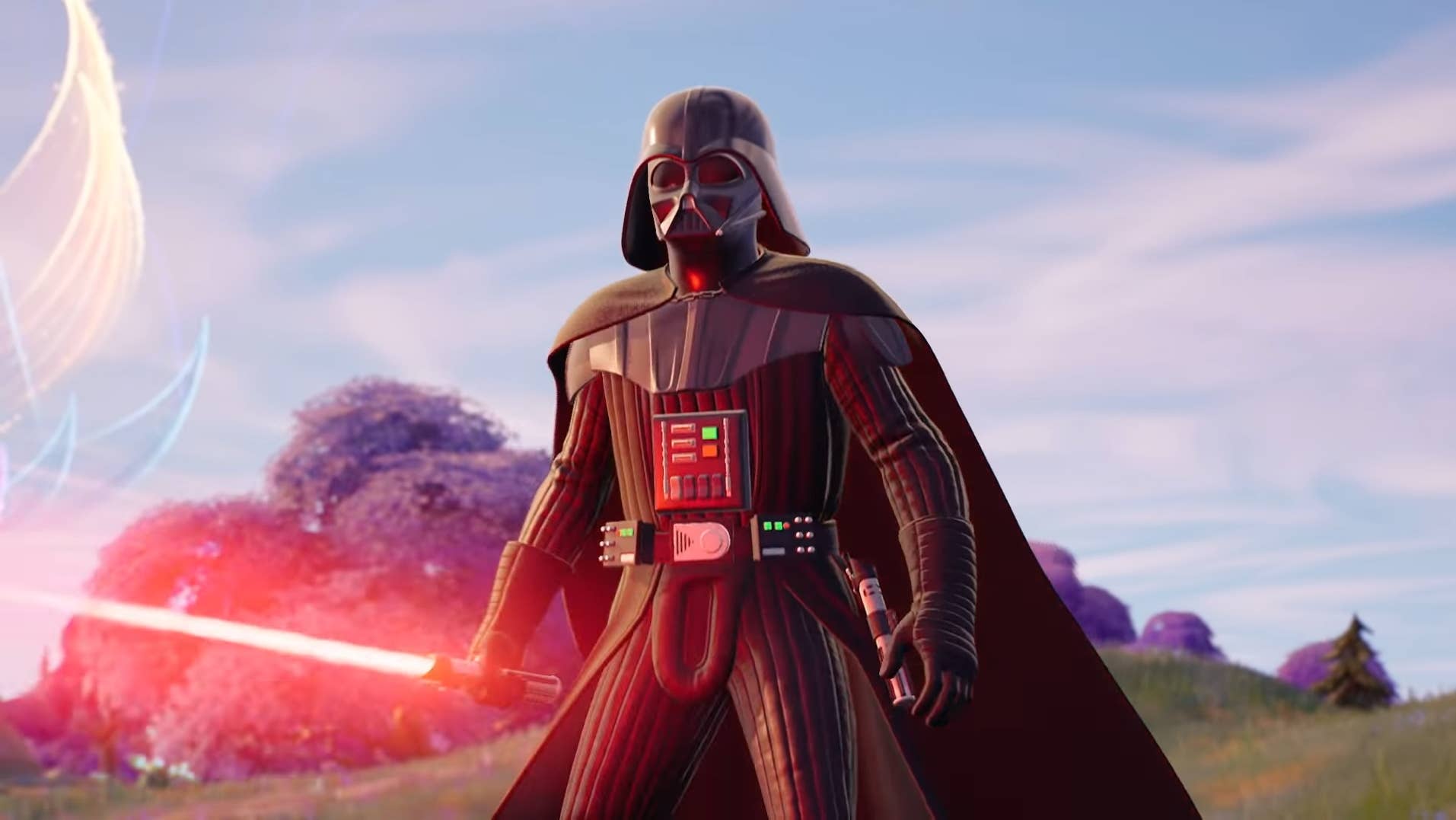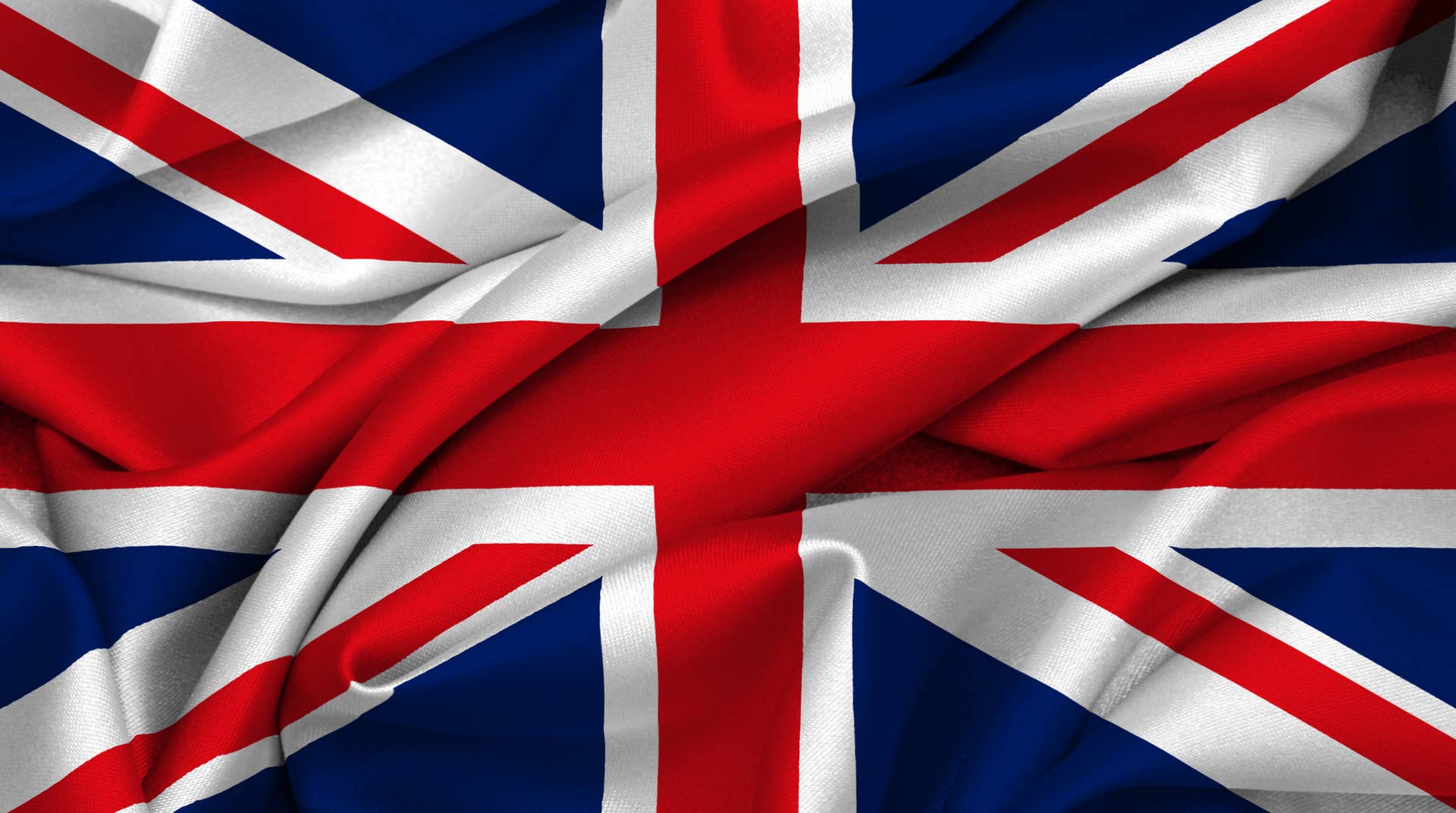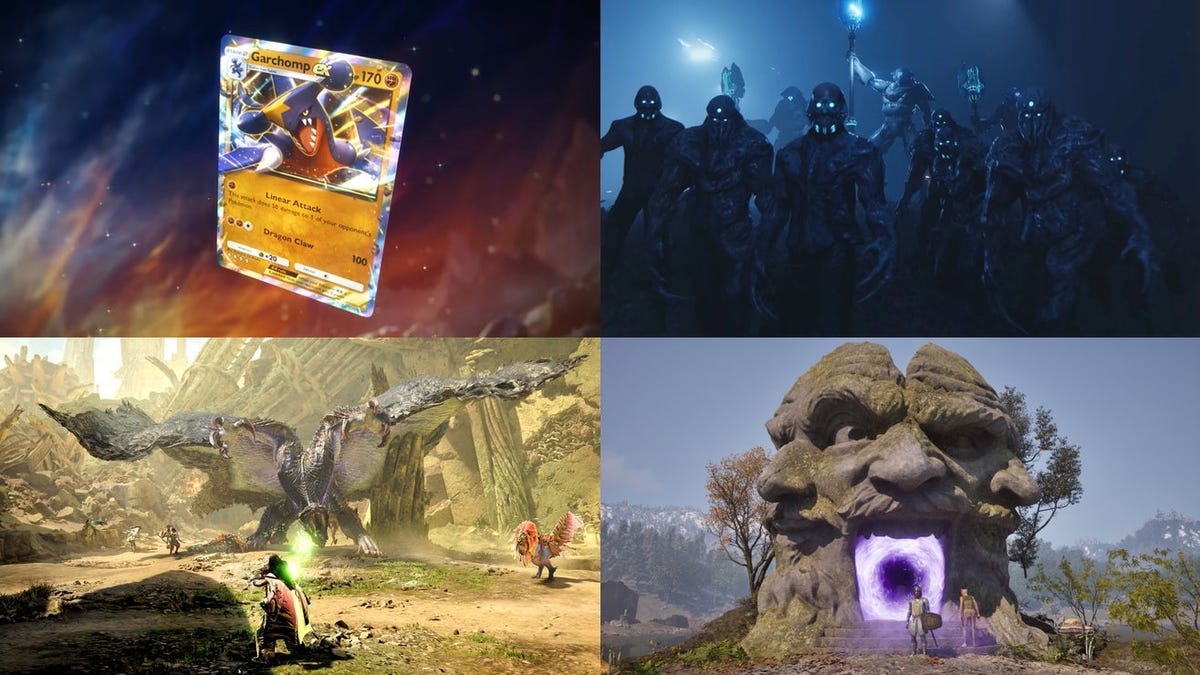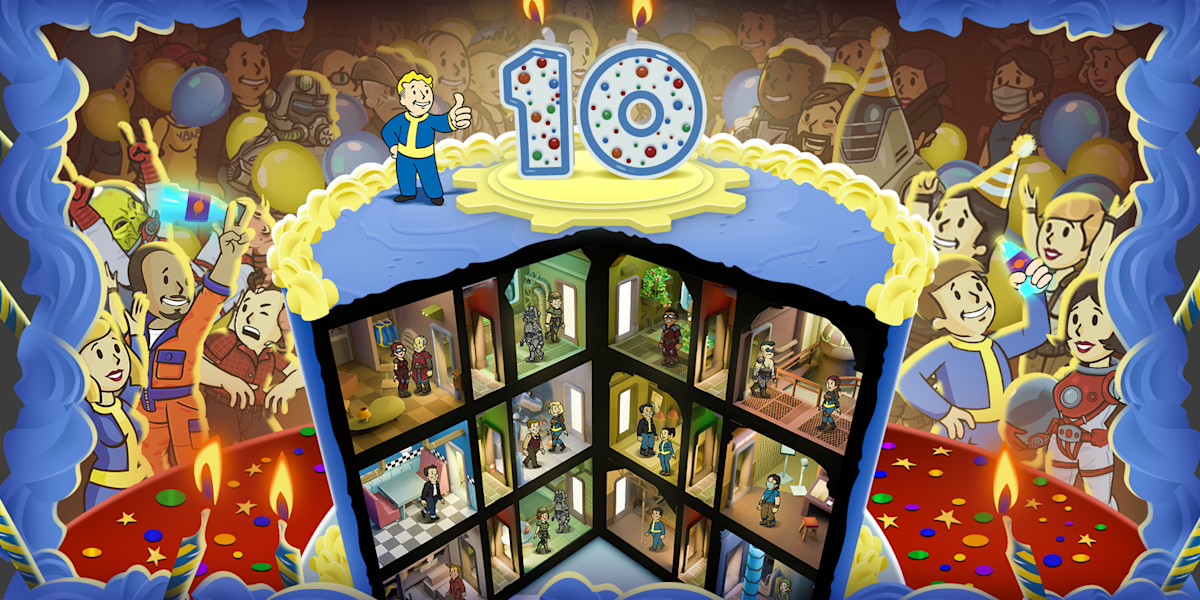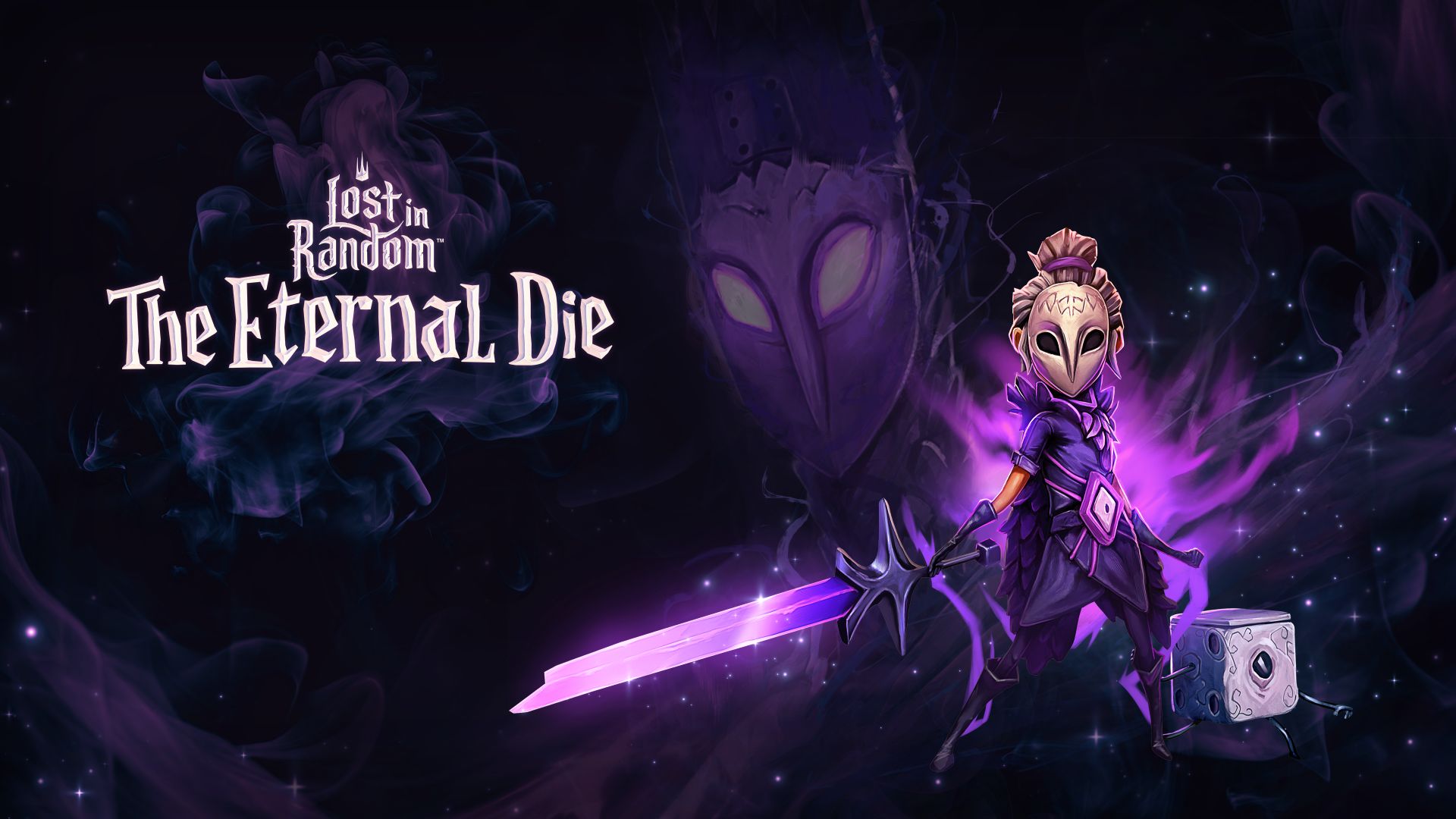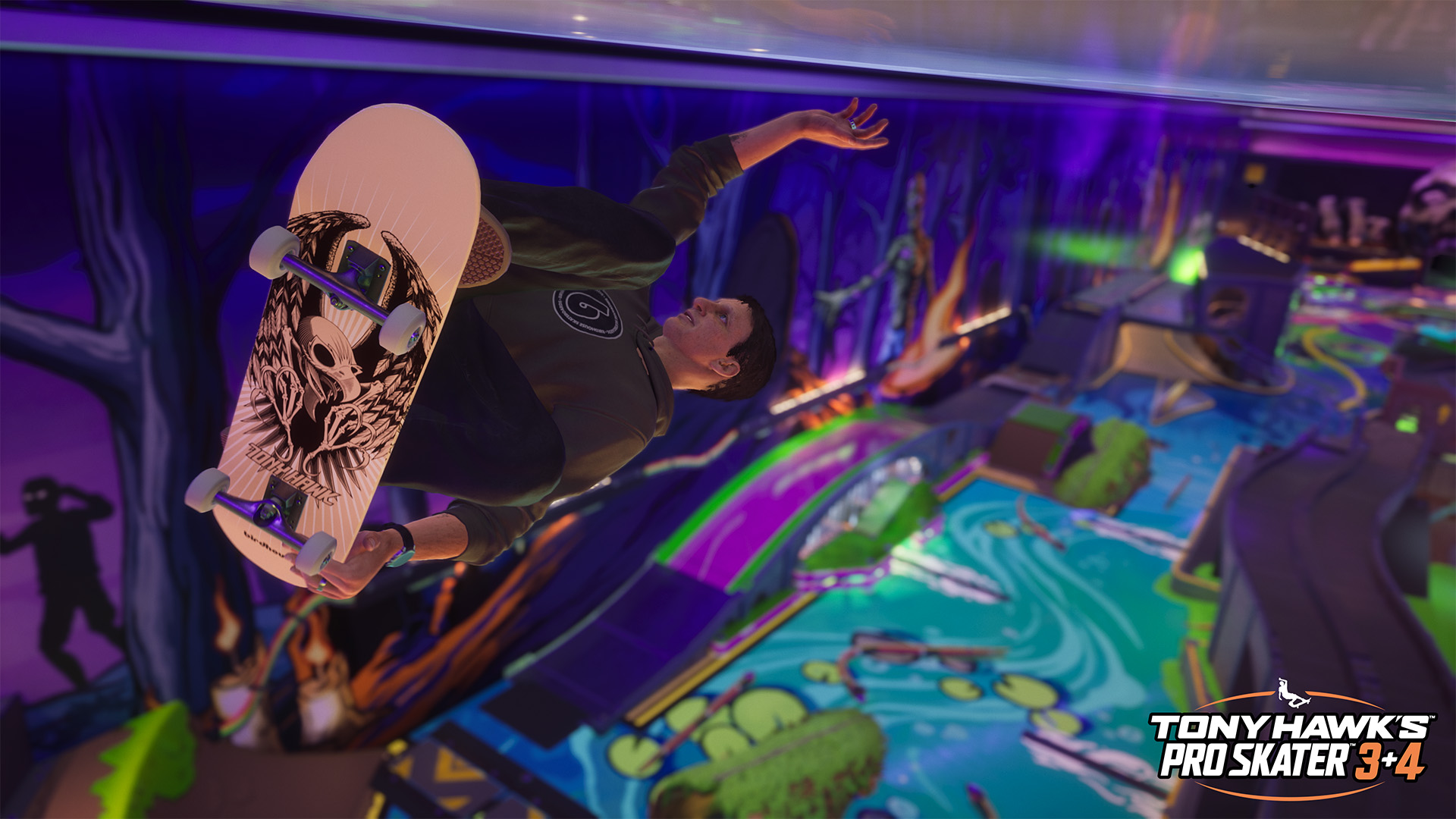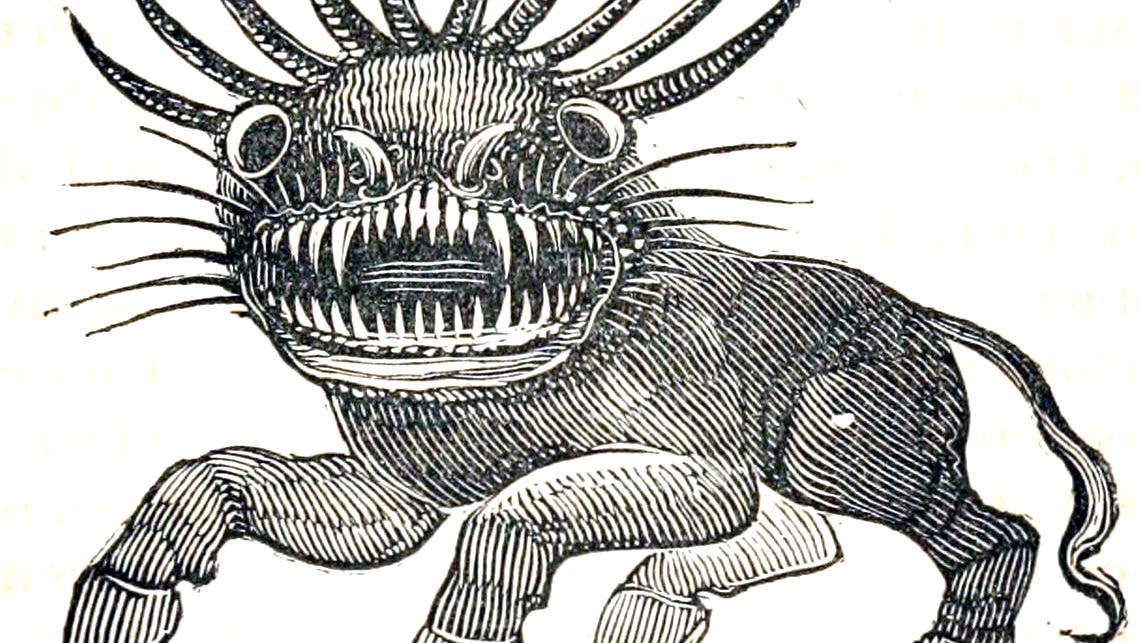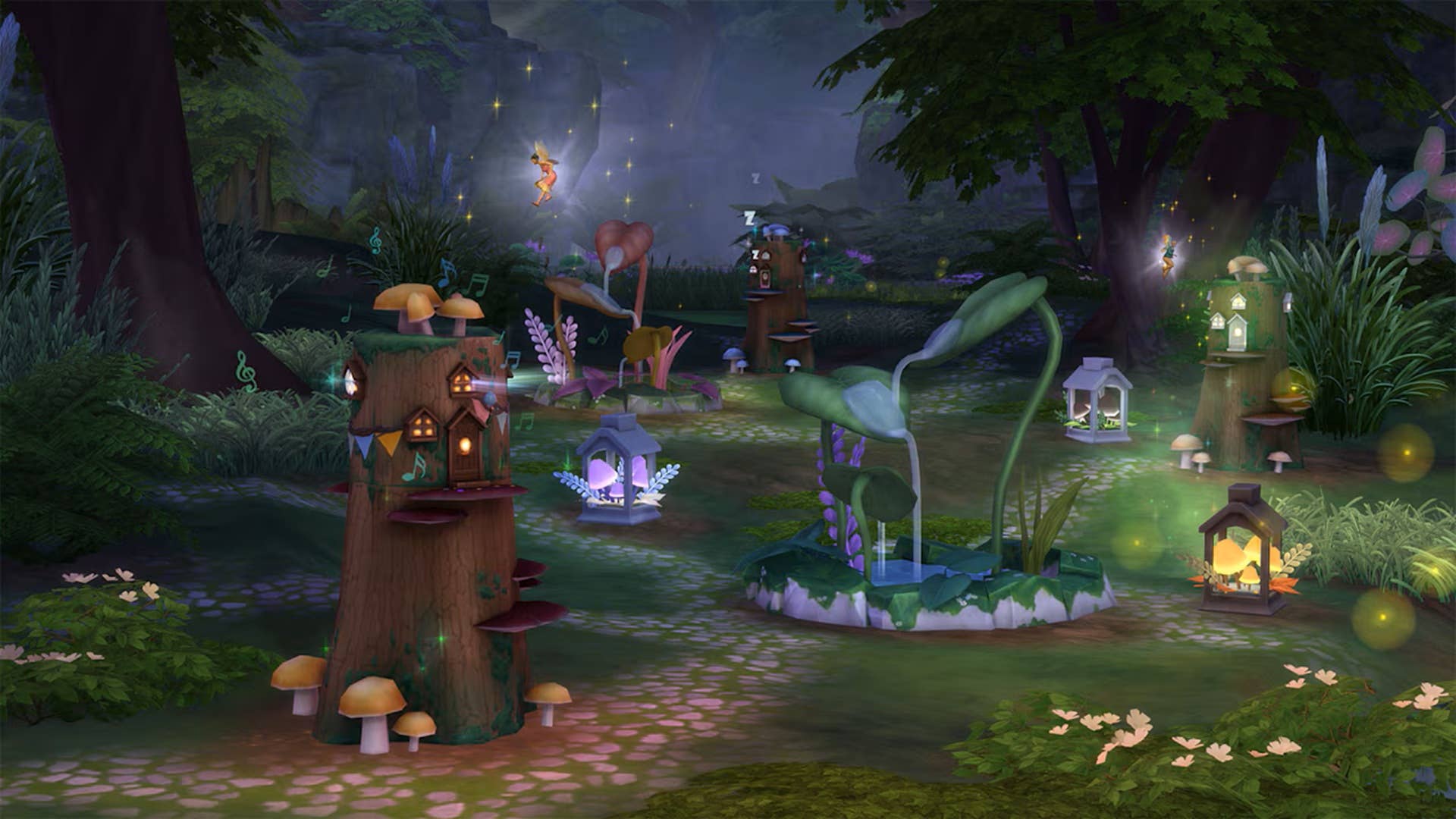Fake Bands and Artificial Songs are Taking Over YouTube and Spotify
Spain's newspaper El Pais found an entire fake album on YouTube titled Rumba Congo (1973). And they cite a study from France's International Confederation of Societies of Authors and Composers that estimated revenue from AI-generated music will rise to $4 billion in 2028, generating 20% of all streaming platforms' revenue: One of the major problems with this trend is the lack of transparency. María Teresa Llano, an associate professor at the University of Sussex who studies the intersection of creativity, art and AI, emphasizes this aspect: "There's no way for people to know if something is AI or not...." On Spotify Community — a forum for the service's users — a petition is circulating that calls for clear labeling of AI-generated music, as well as an option for users to block these types of songs from appearing on their feeds. In some of these forums, the rejection of AI-generated music is palpable. Llano mentions the feelings of deception or betrayal that listeners may experience, but asserts that this is a personal matter. There will be those who feel this way, as well as those who admire what the technology is capable of... One of the keys to tackling the problem is to include a warning on AI-generated songs. YouTube states that content creators must "disclose to viewers when realistic content [...] is made with altered or synthetic media, including generative AI." Users will see this if they glance at the description. But this is only when using the app, because on a computer, they will have to scroll down to the very end of the description to get the warning.... The professor from the University of Sussex explains one of the intangibles that justifies the labeling of content: "In the arts, we can establish a connection with the artist; we can learn about their life and what influenced them to better understand their career. With artificial intelligence, that connection no longer exists." YouTube says they may label AI-generated content if they become aware of it, and may also remove it altogether, according to the article. But Spotify "hasn't shared any policy for labeling AI-powered content..." In an interview with Gustav Söderström, Spotify's co-president and chief product & technology officer, he emphasized that AI "increases people's creativity" because more people can be creative, thanks to the fact that "you don't need to have fine motor skills on the piano." He also made a distinction between music generated entirely with AI and music in which the technology is only partially used. But the only limit he mentioned for moderating artificial music was copyright infringement... something that has been a red line for any streaming service for many years now. And such a violation is very difficult to legally prove when artificial intelligence is involved. Read more of this story at Slashdot.

Read more of this story at Slashdot.




















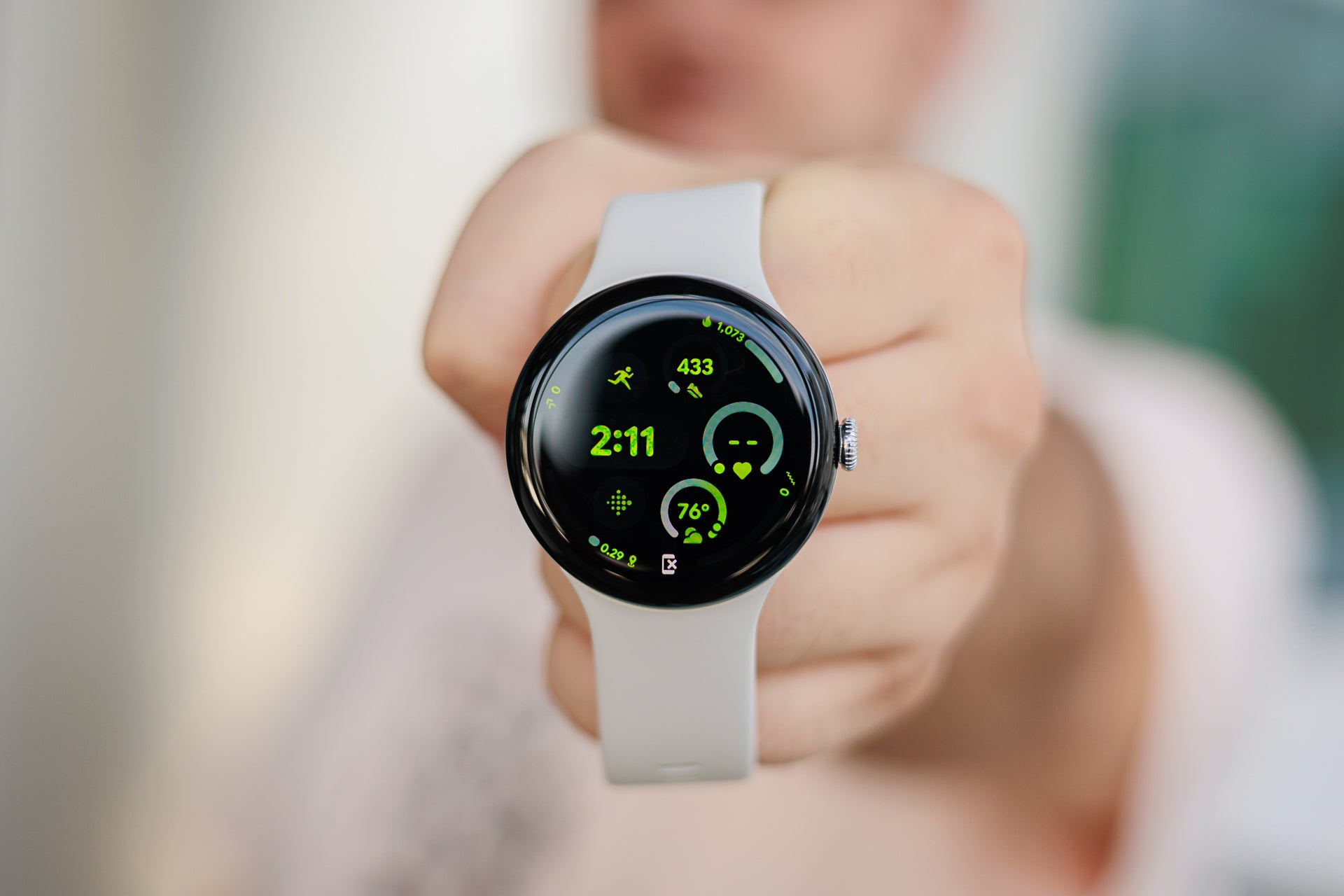
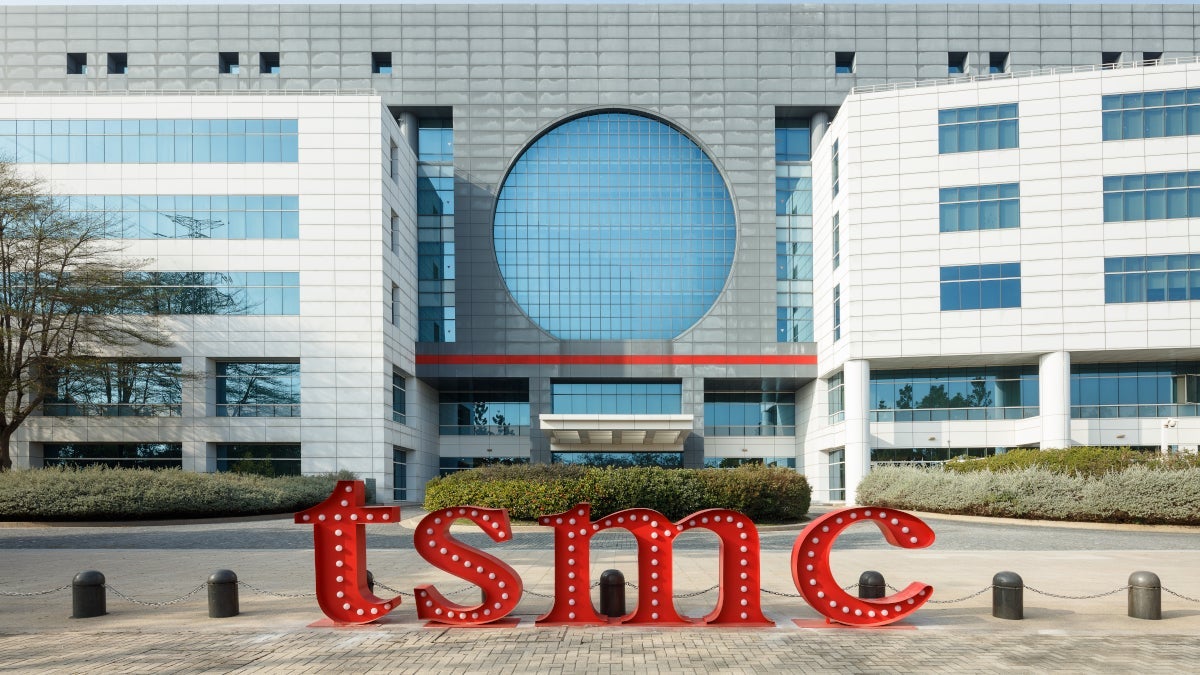
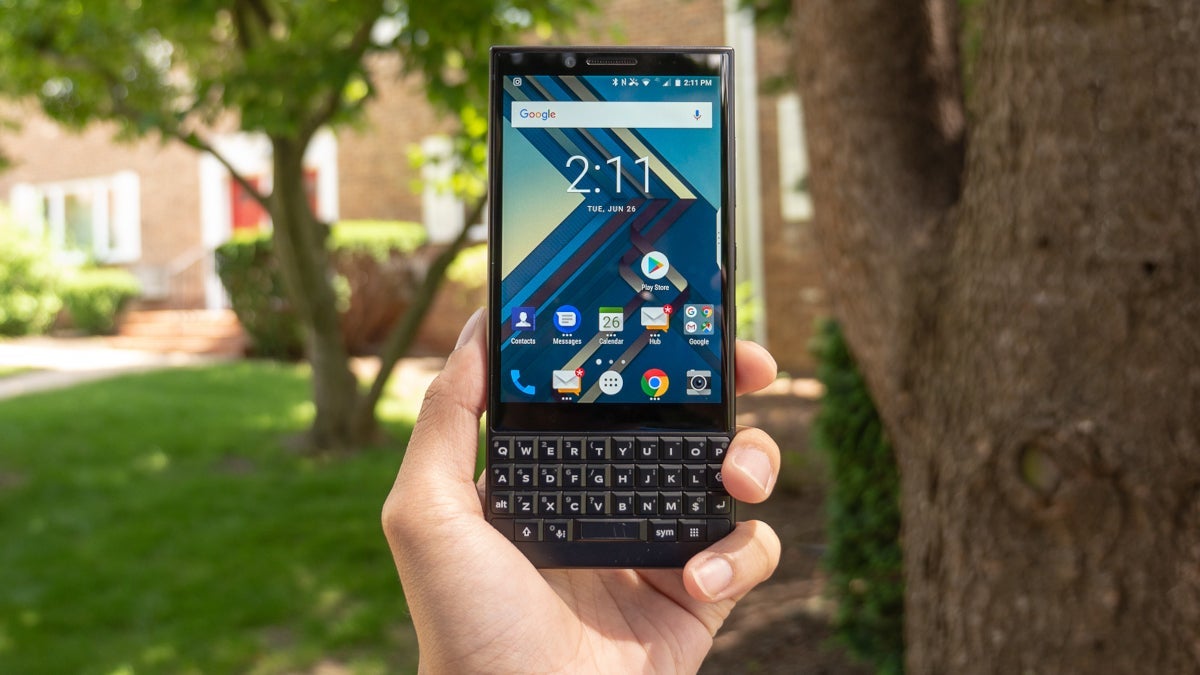
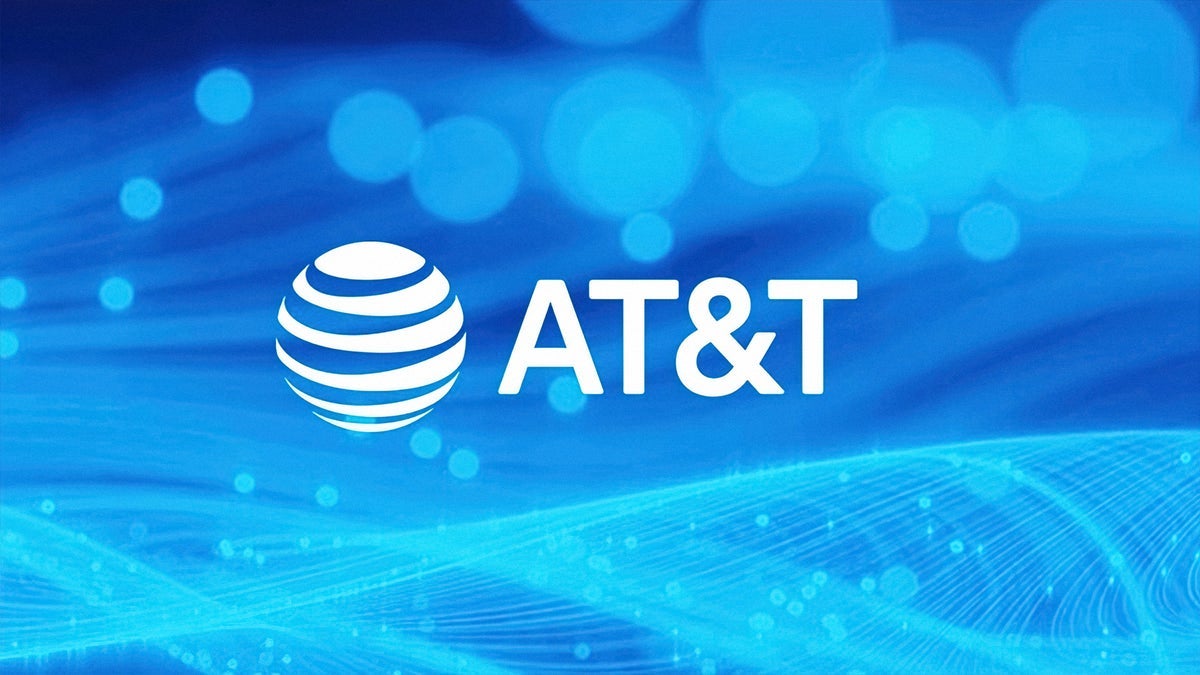





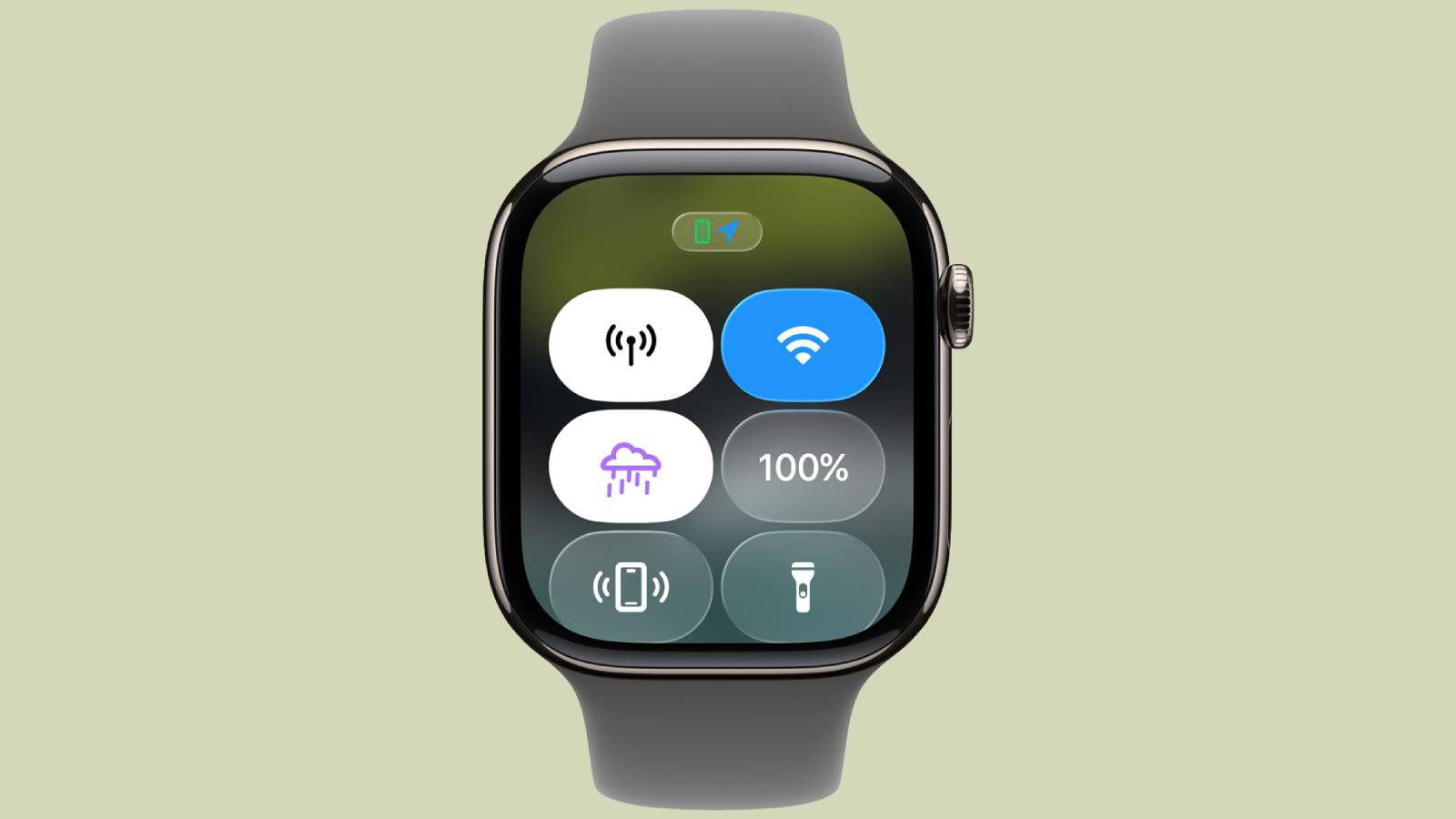
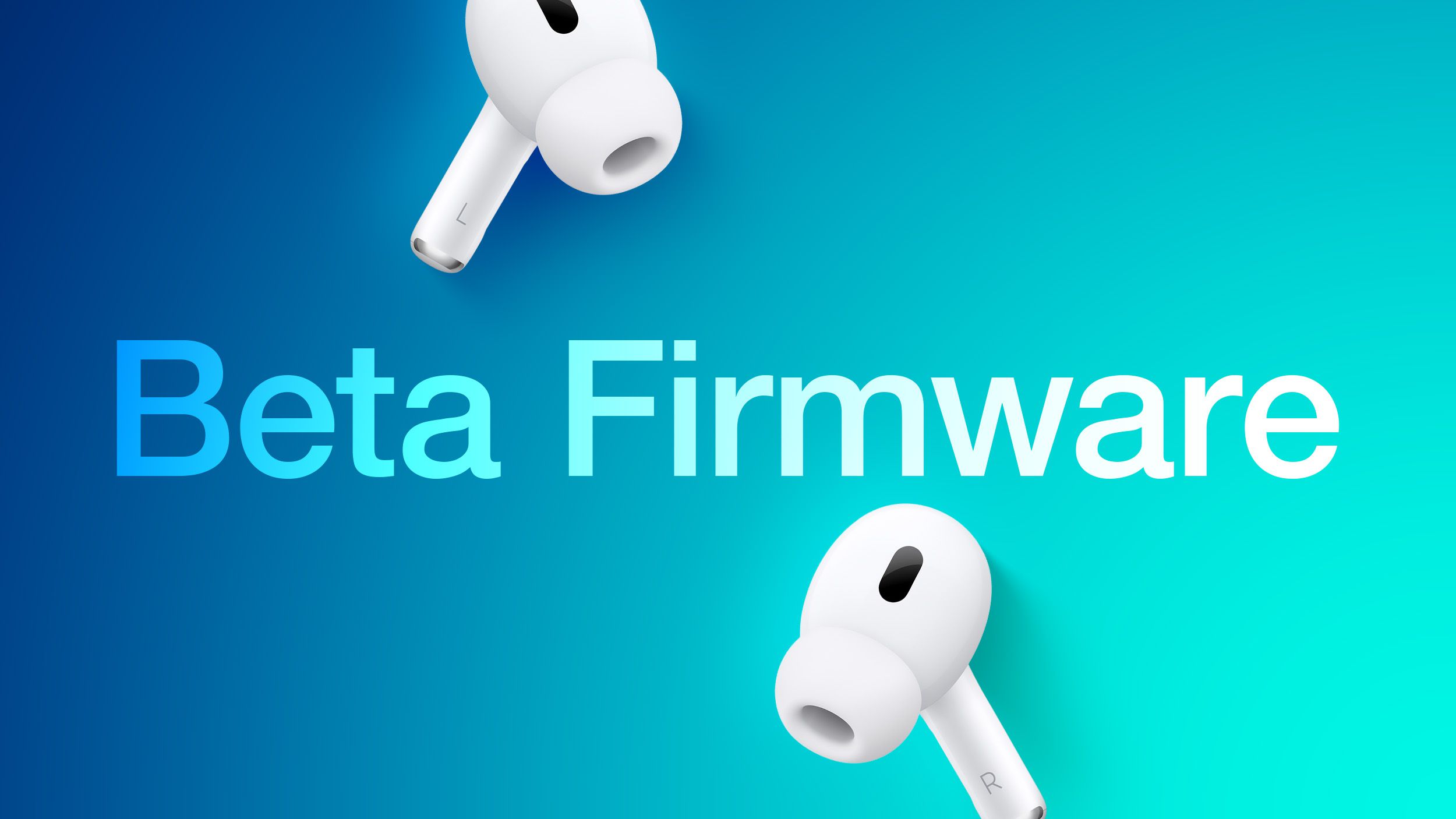
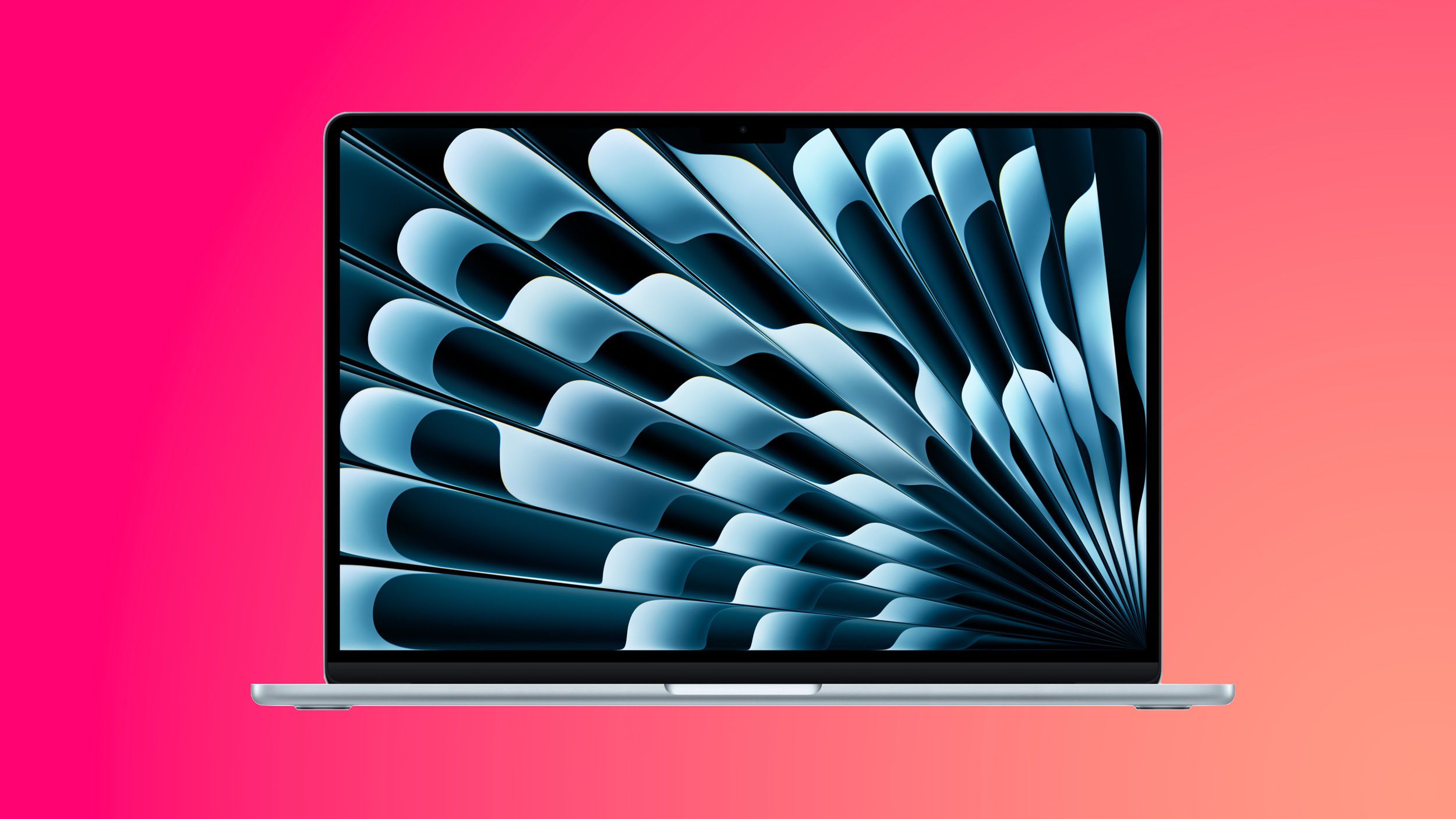




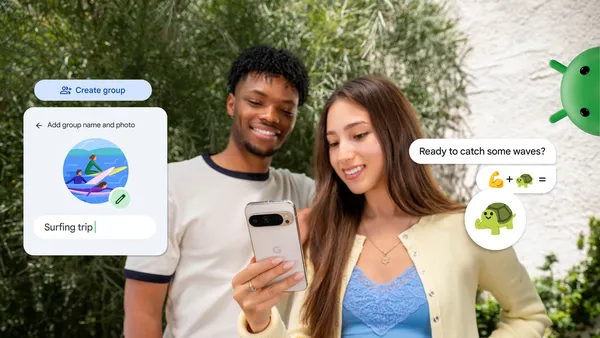
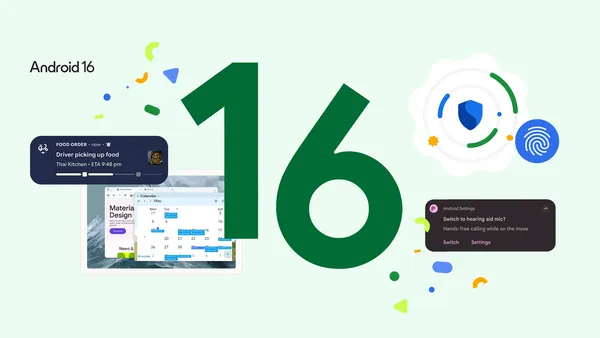










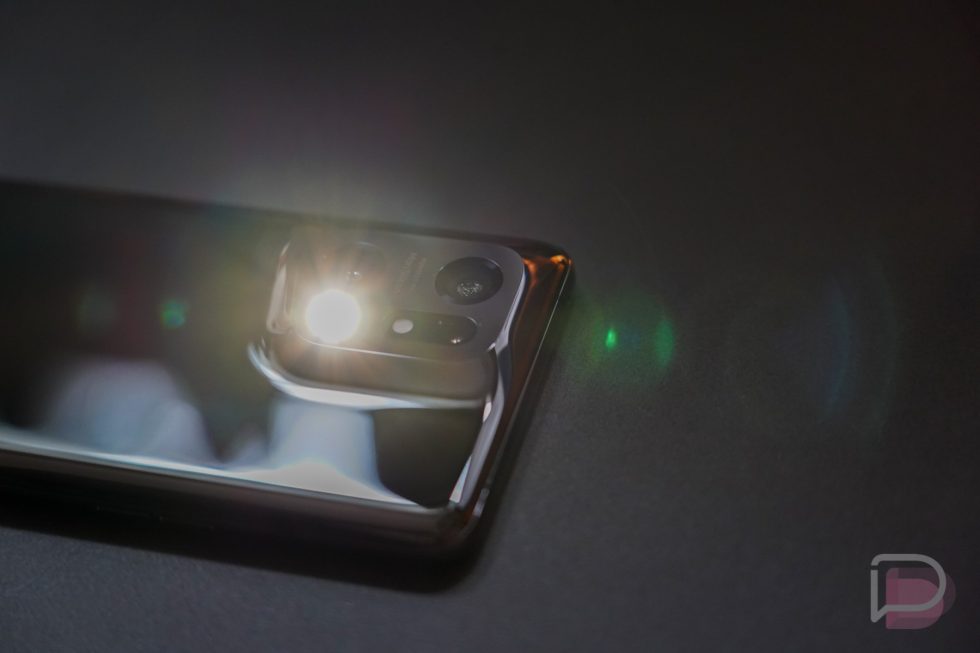
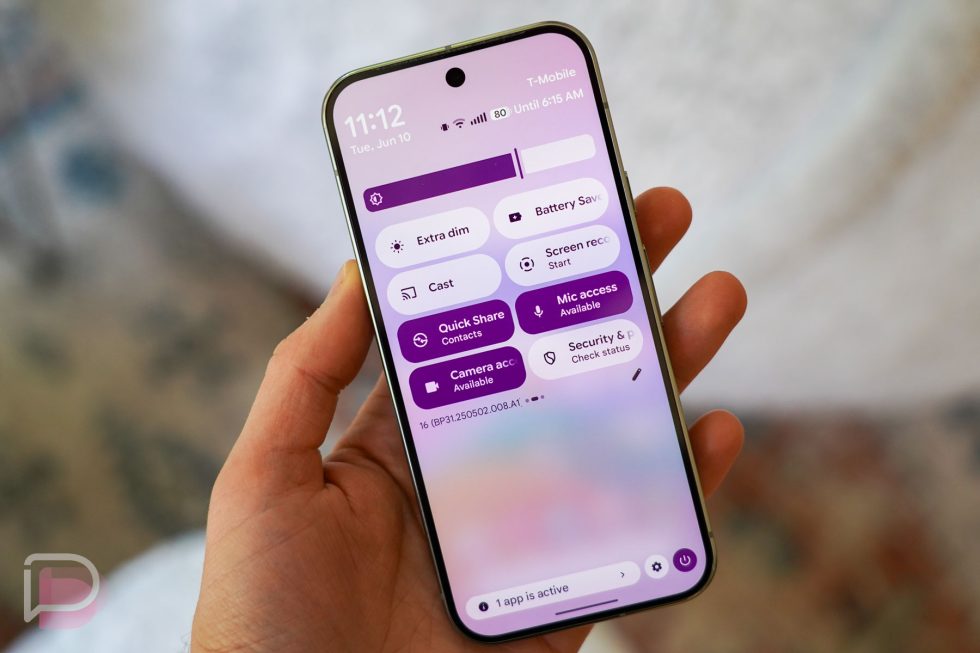
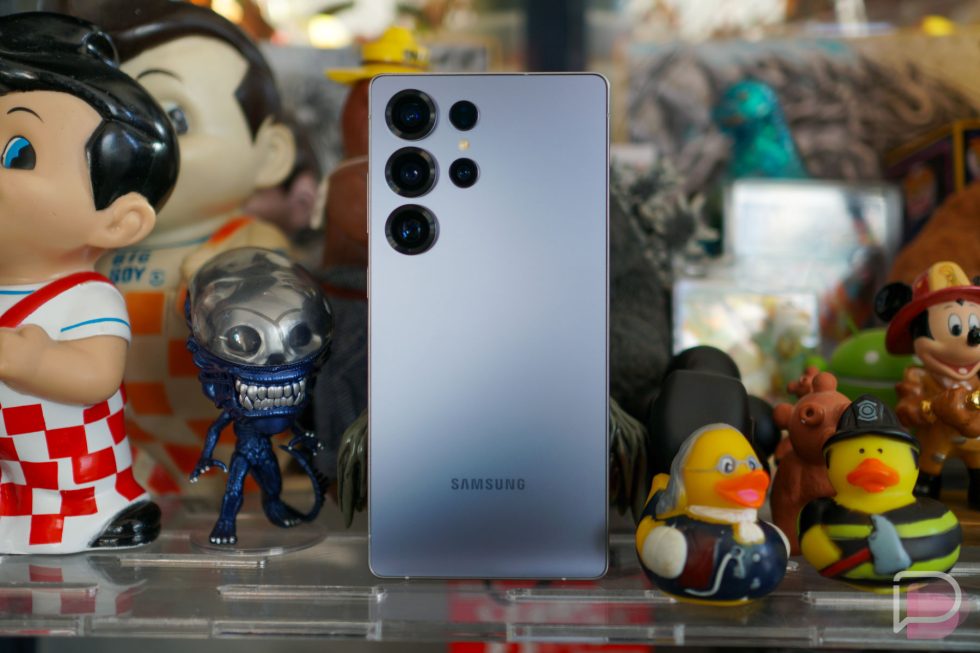
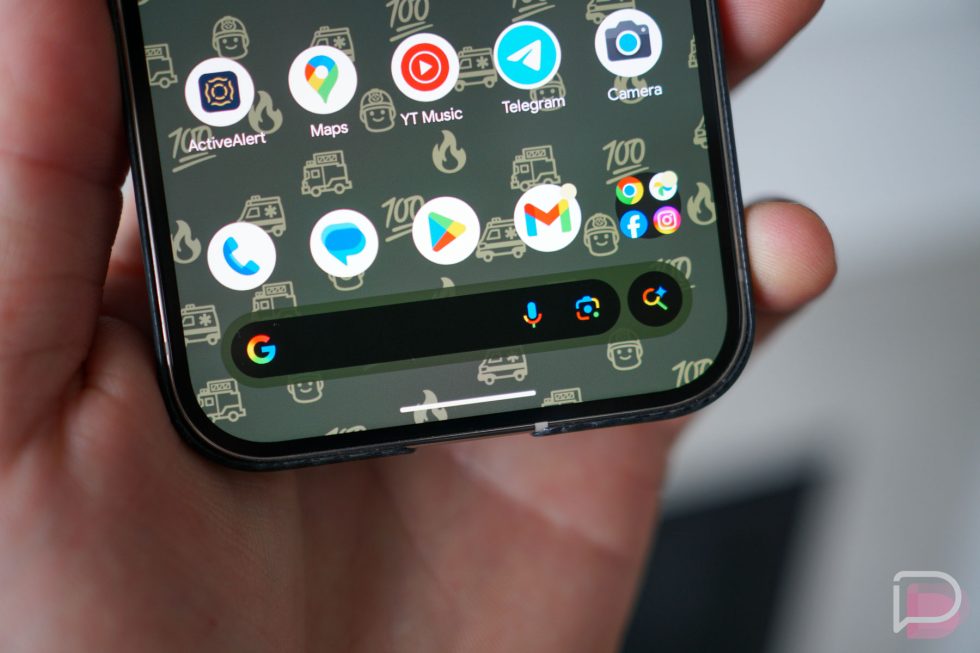

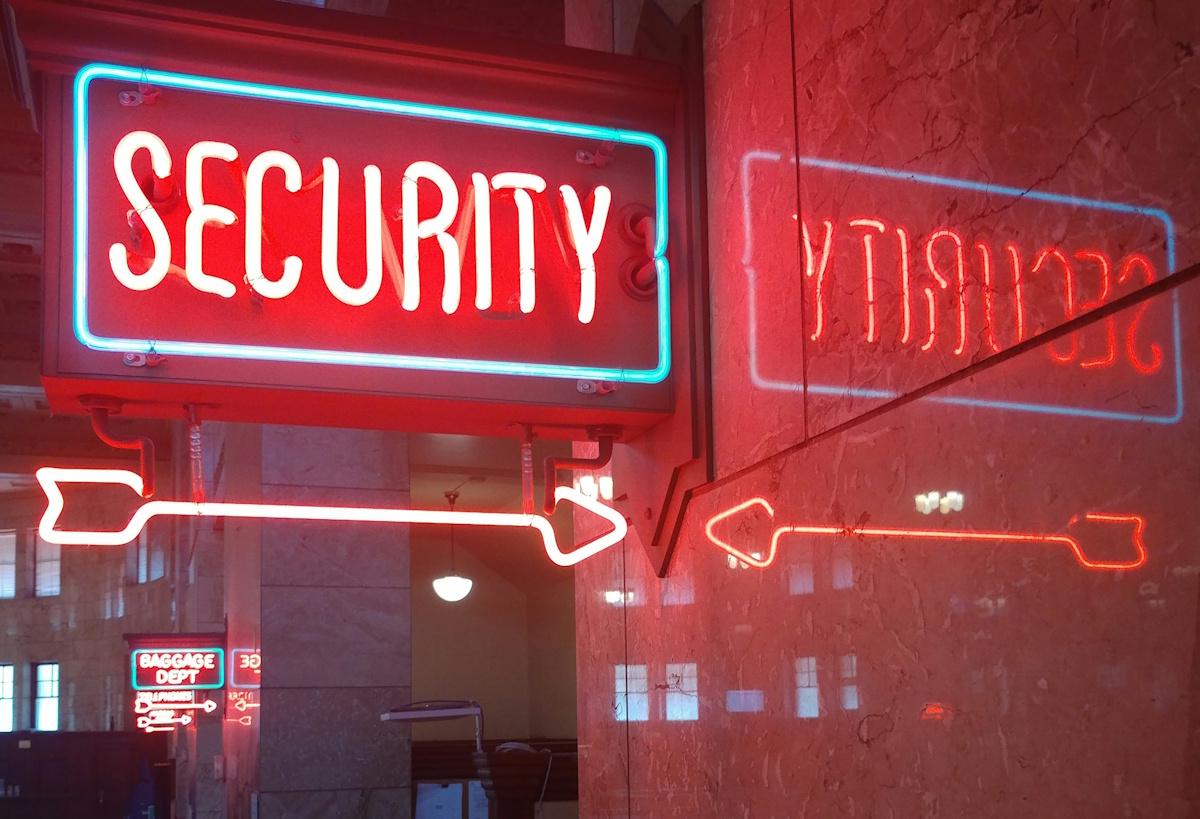
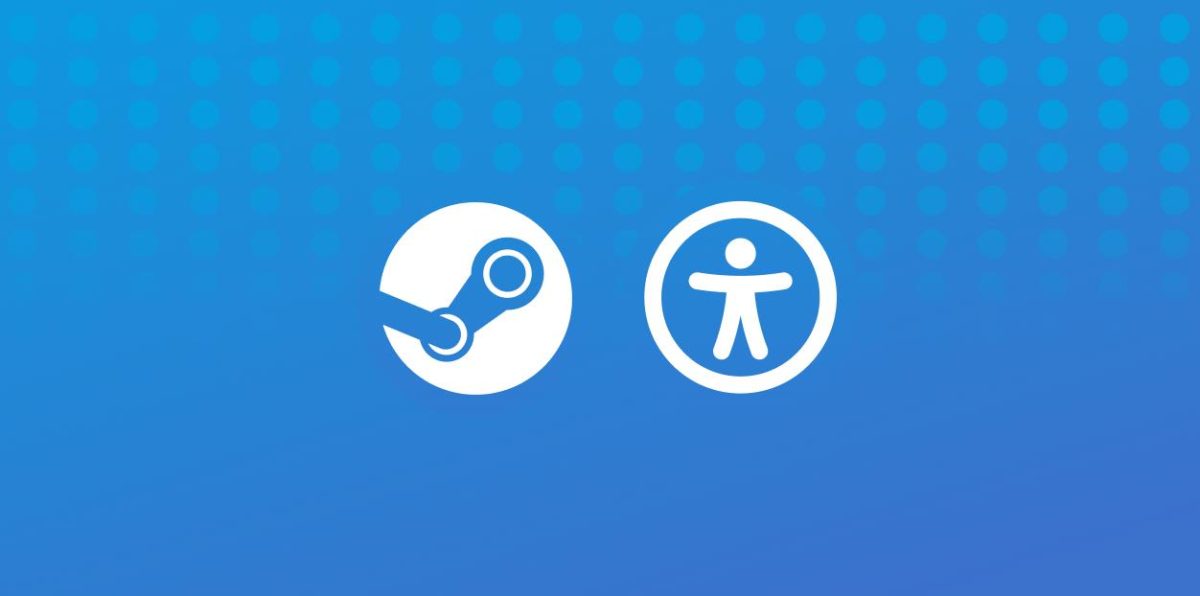

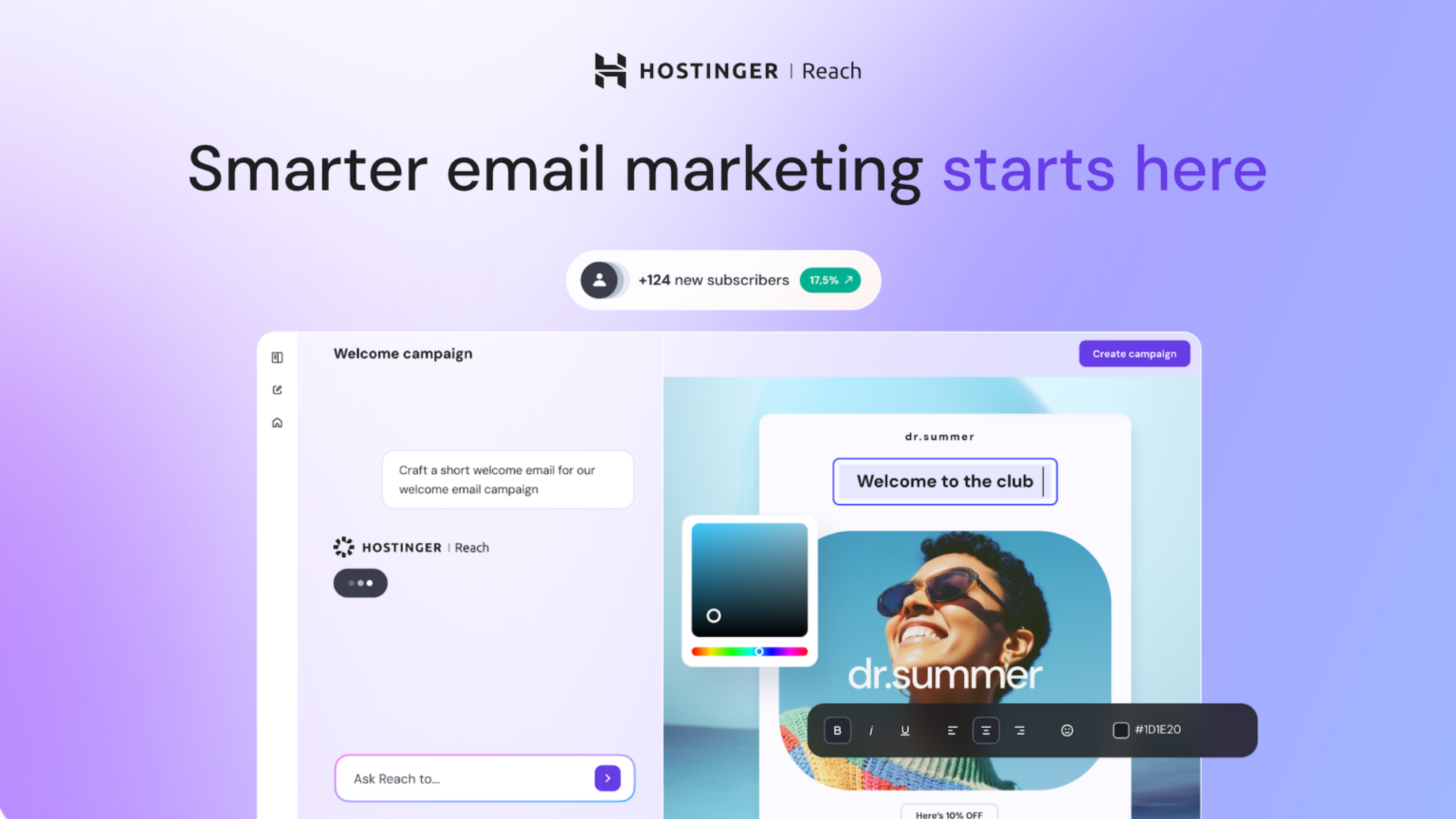
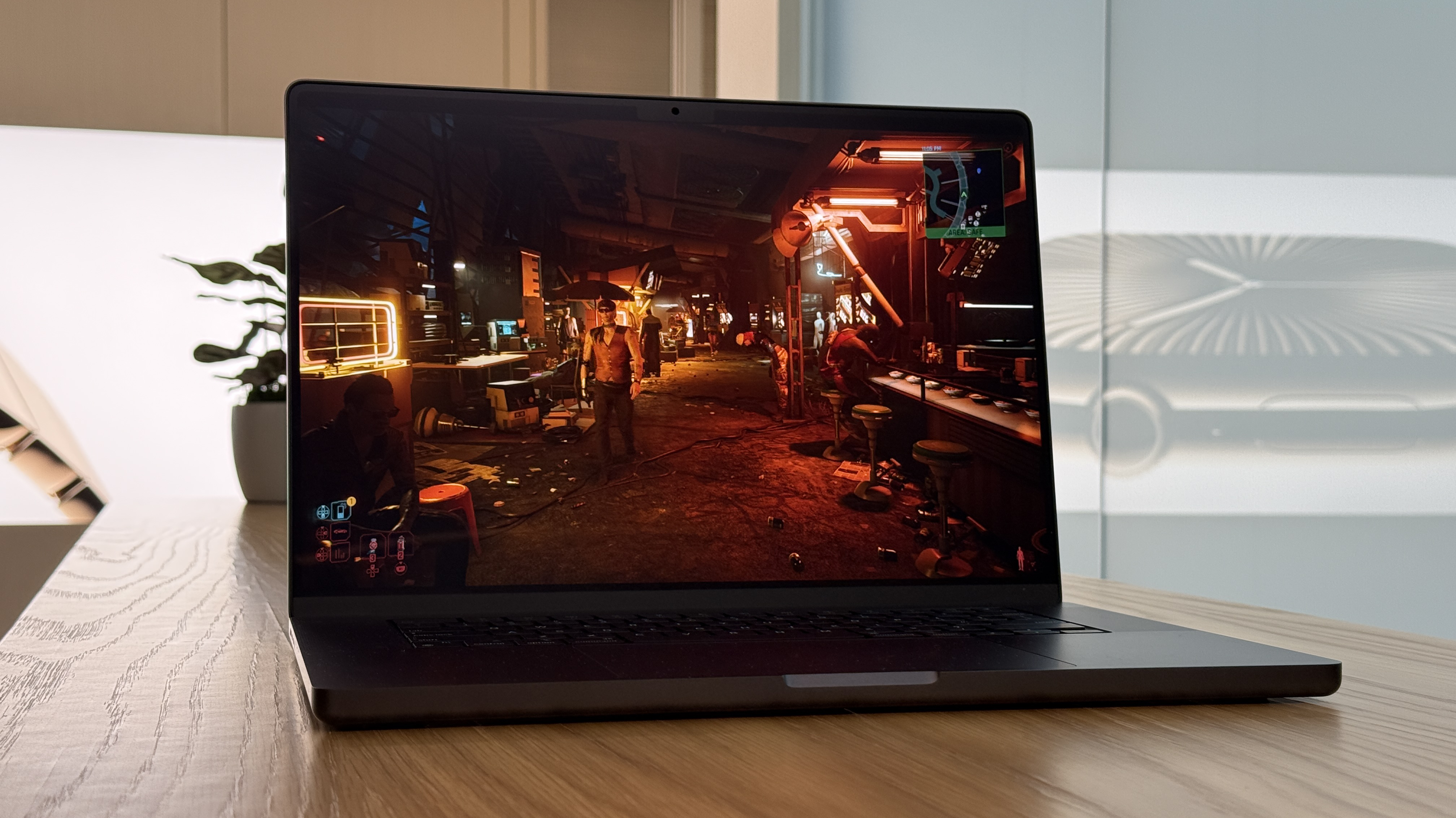











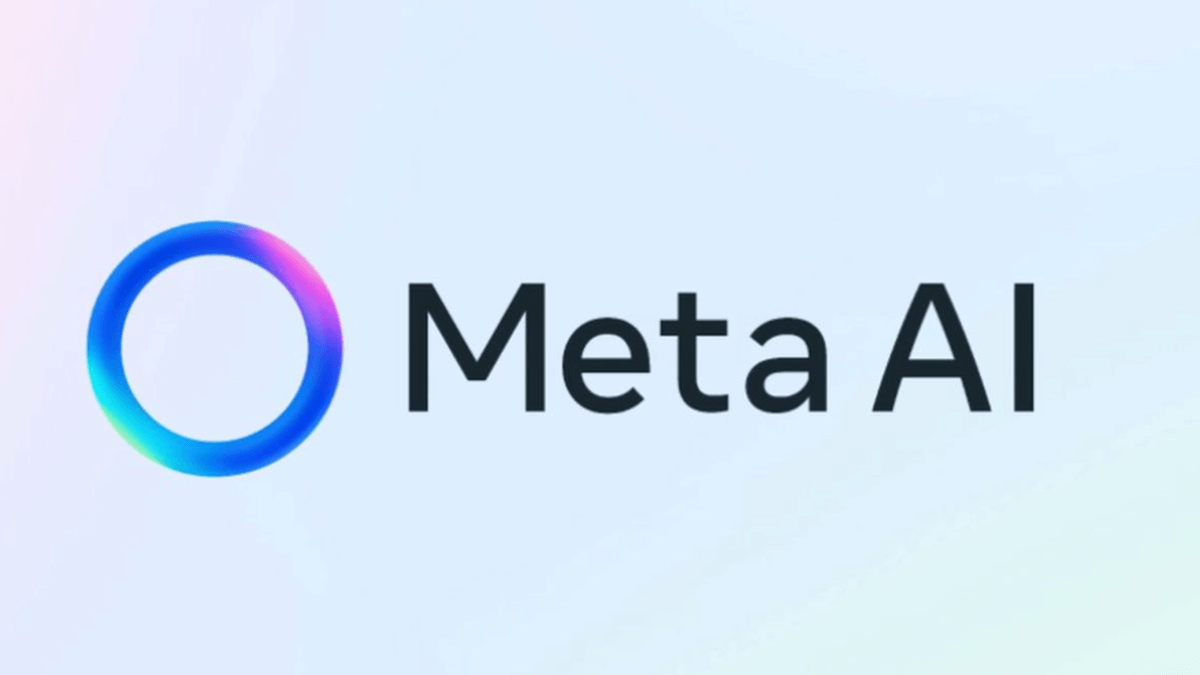

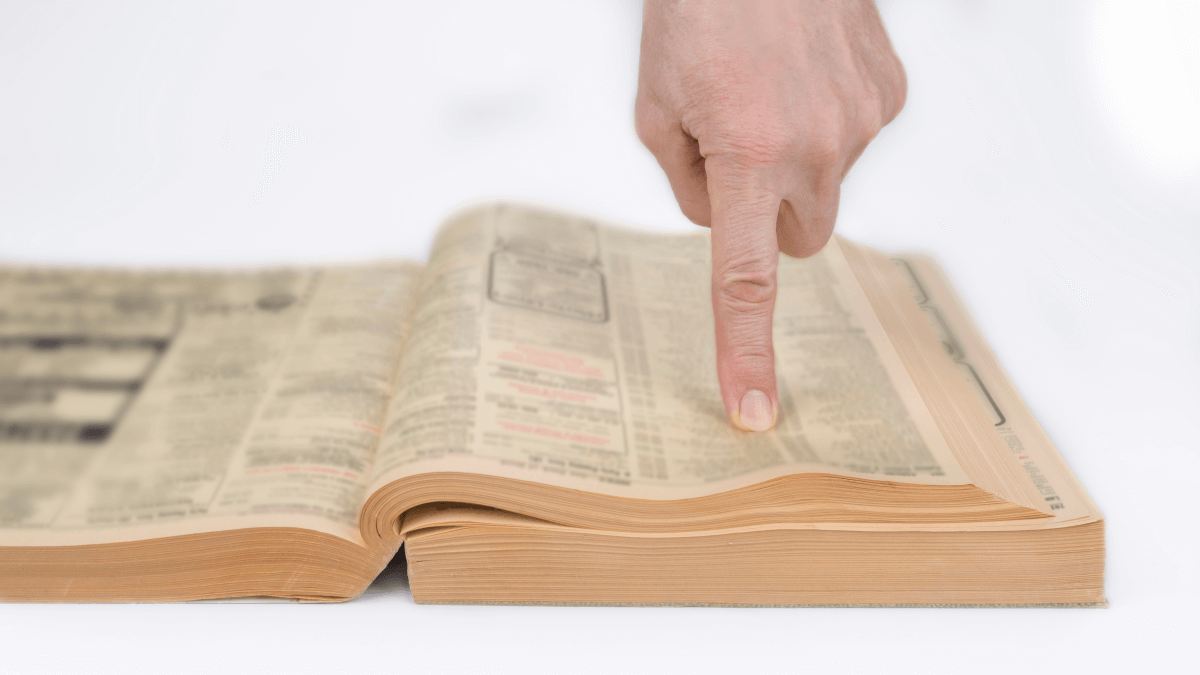


![Apple M4 Mac Mini Back on Sale for $499 [Deal]](https://www.iclarified.com/images/news/97617/97617/97617-640.jpg)

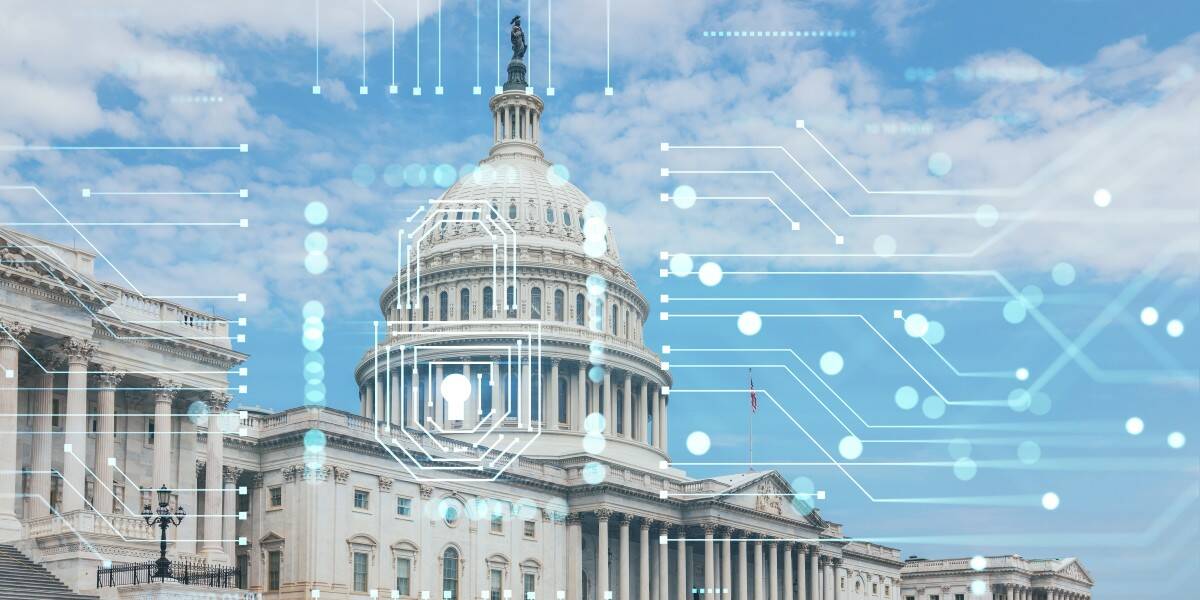


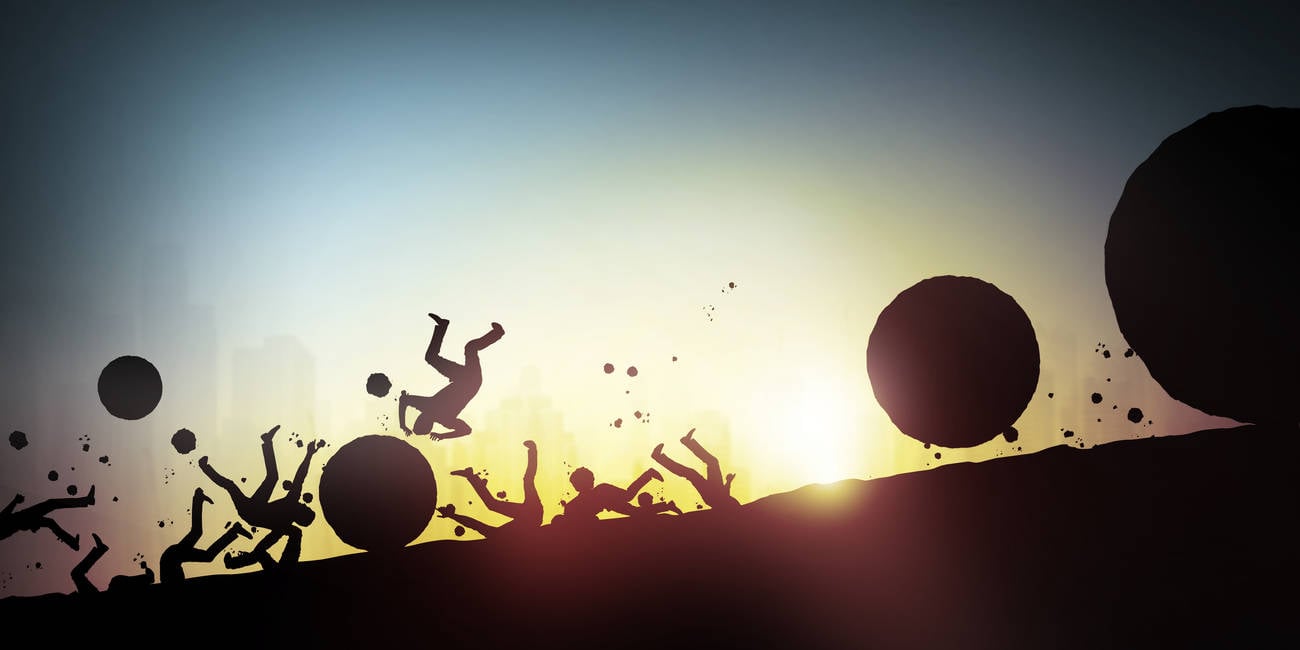
















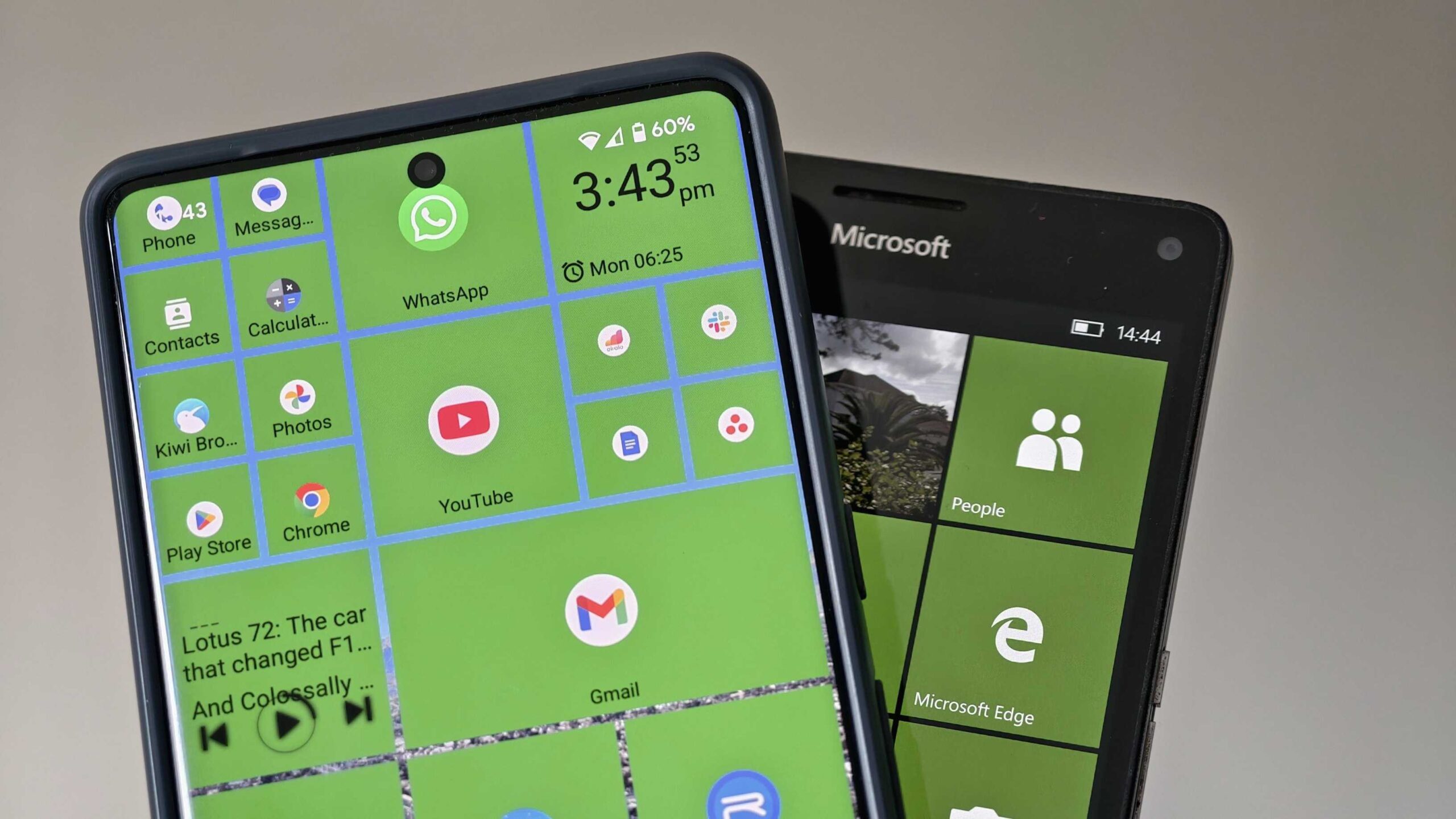
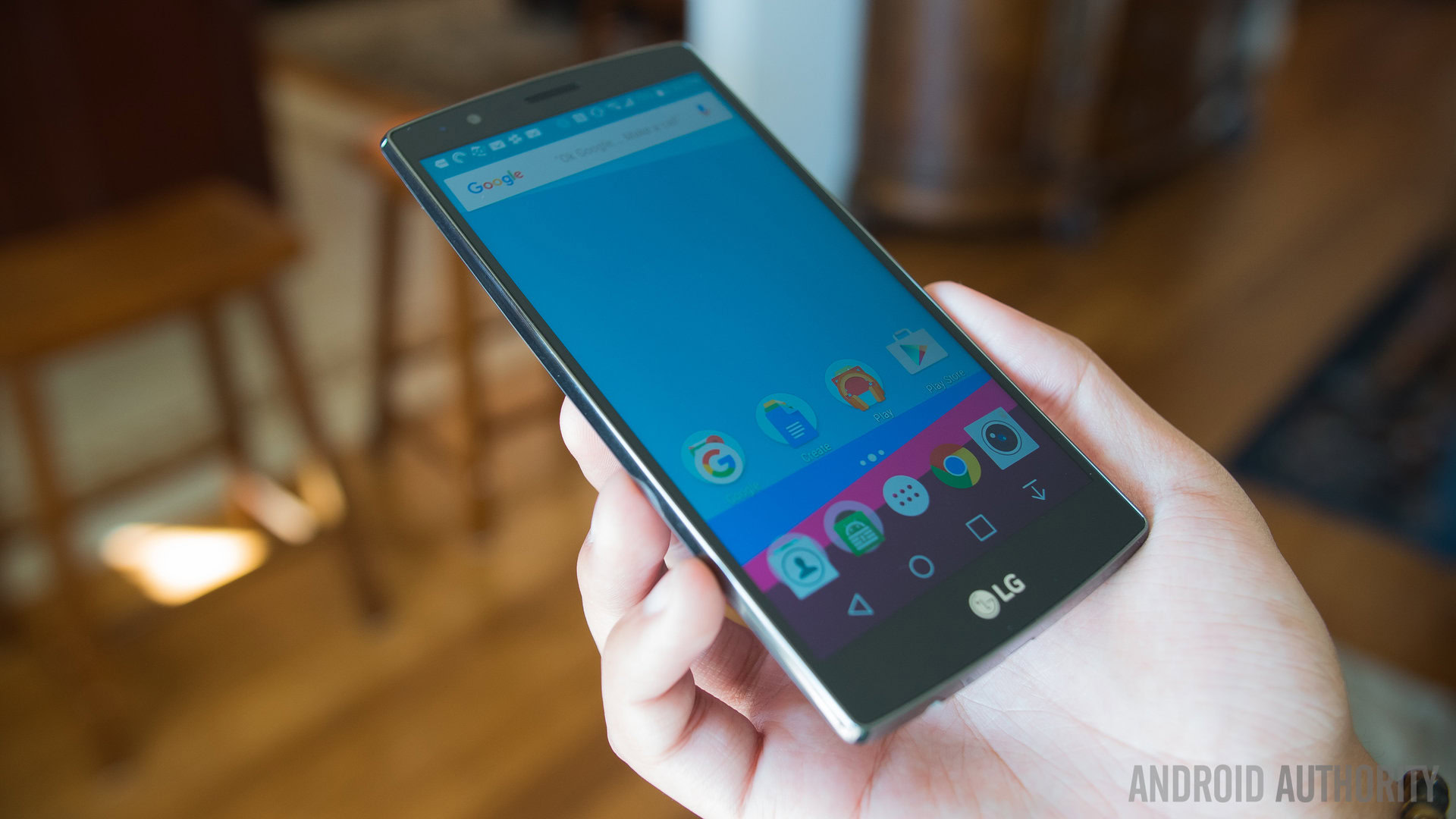
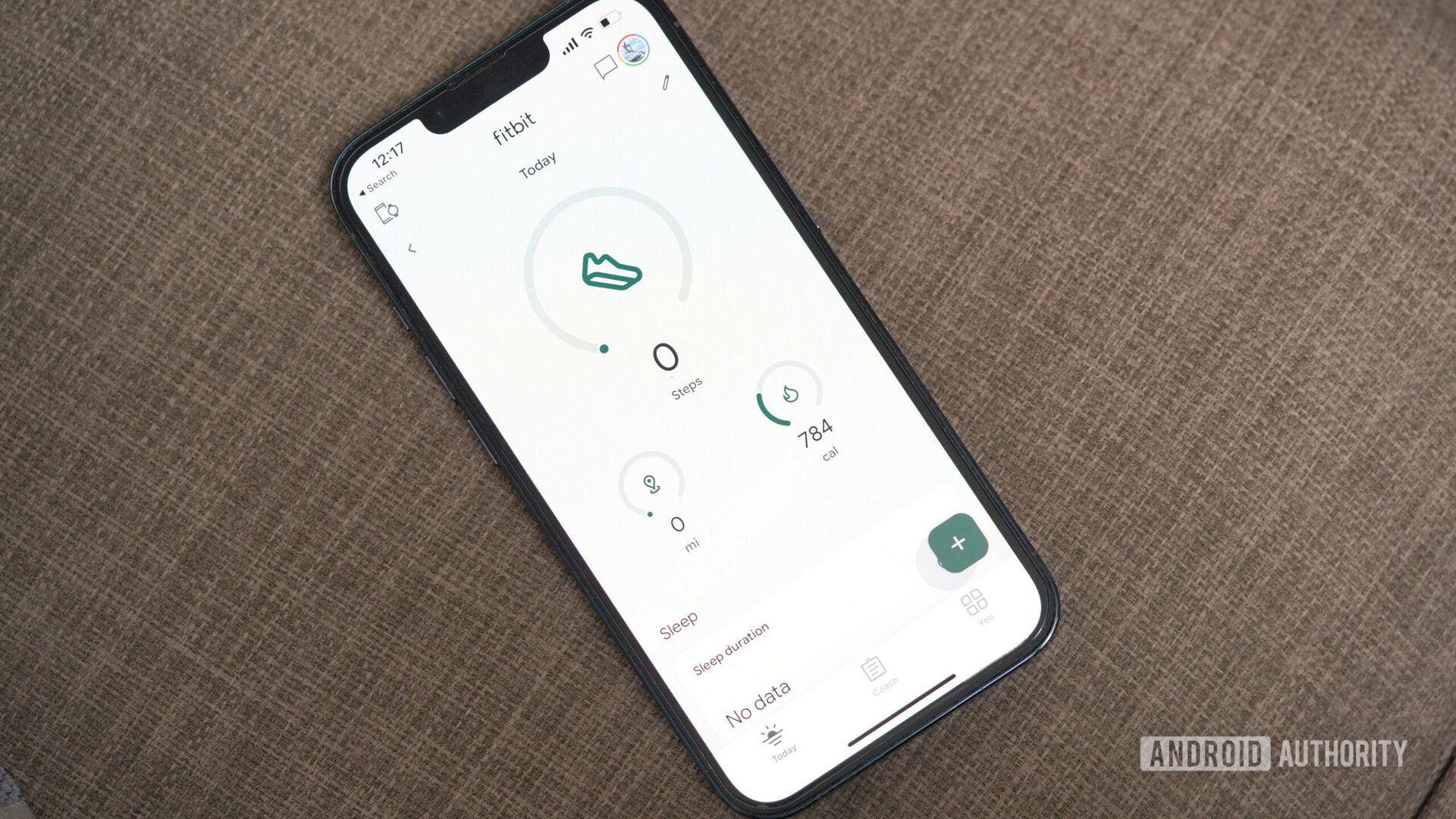
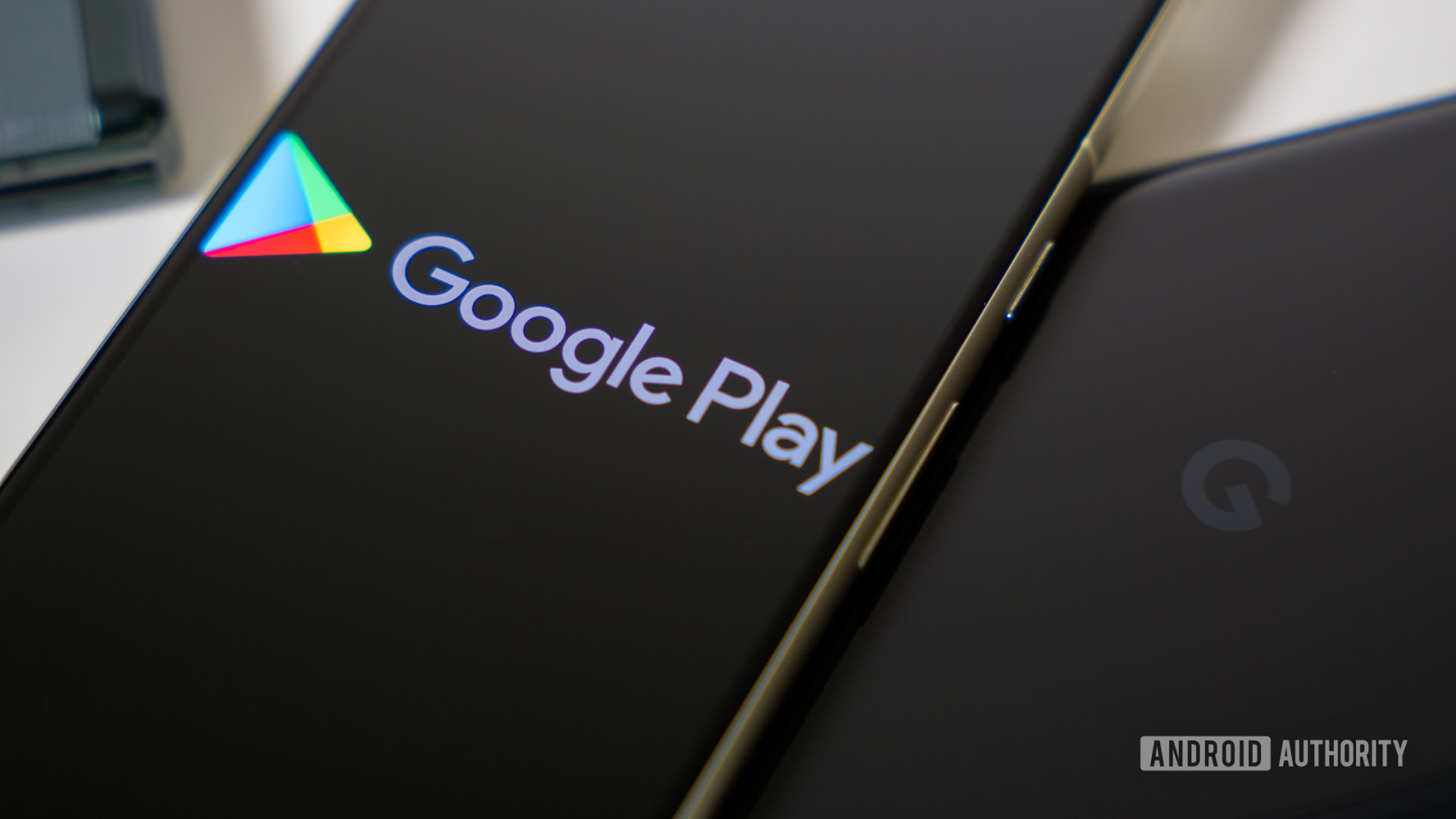
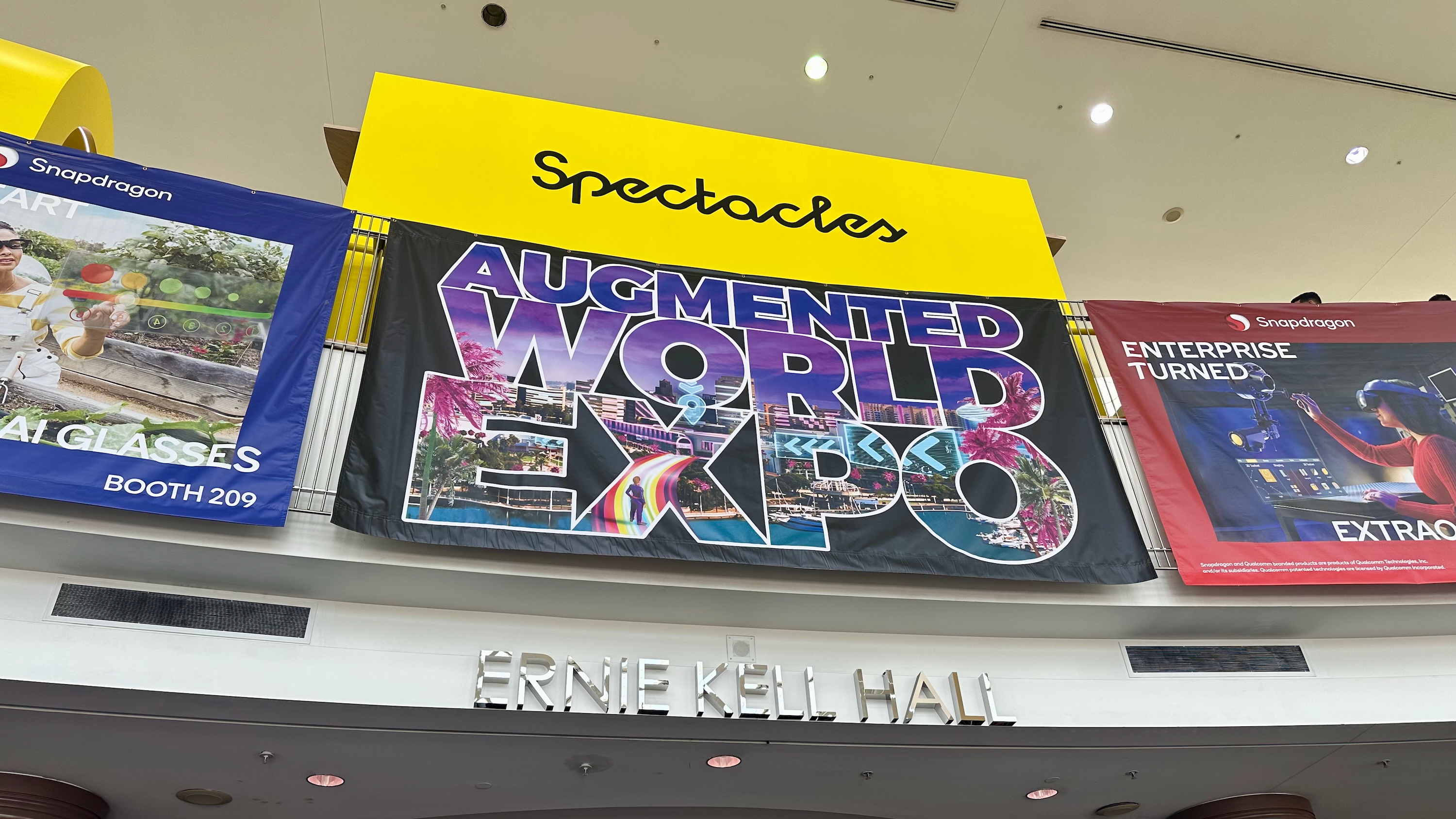
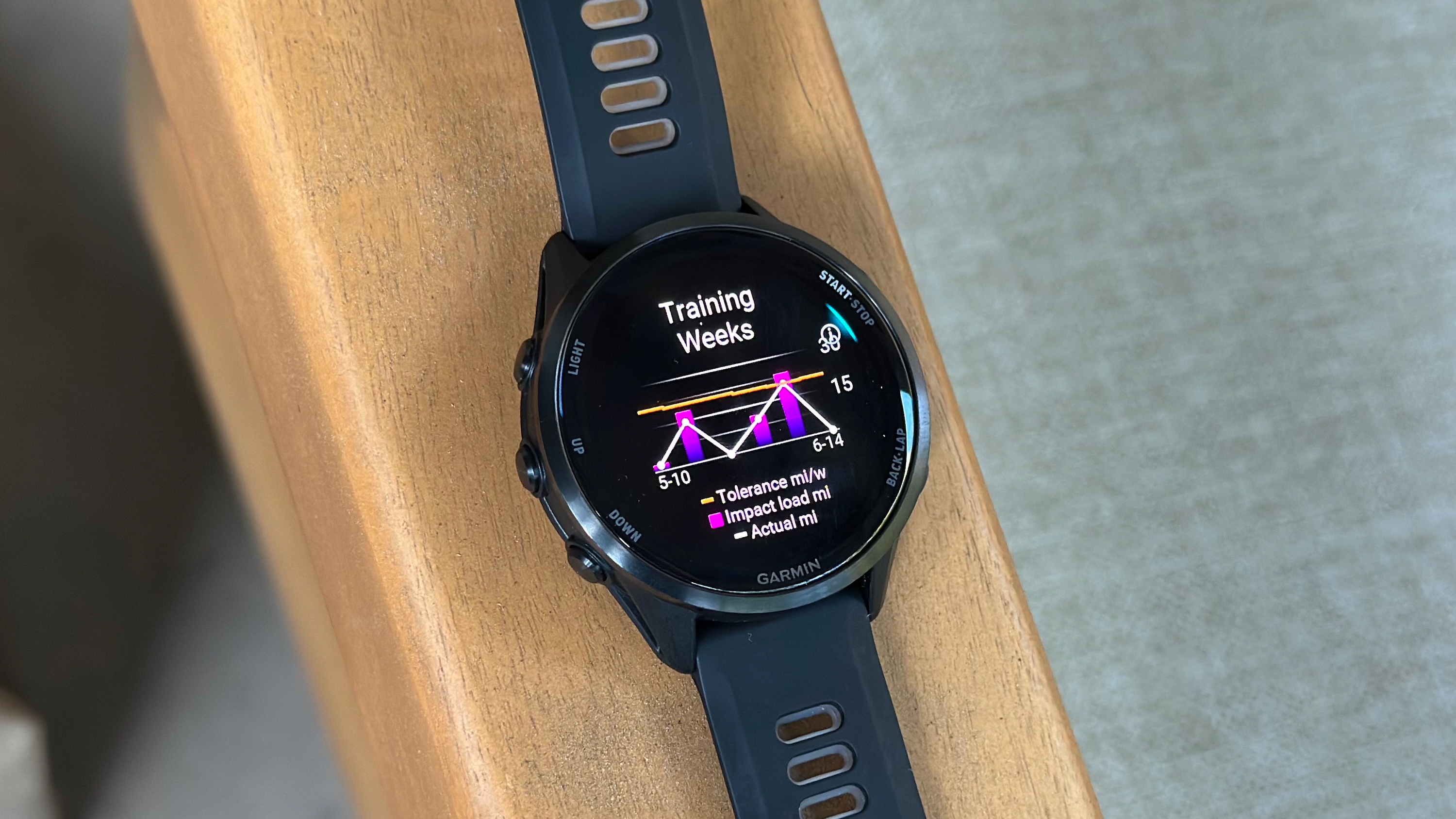

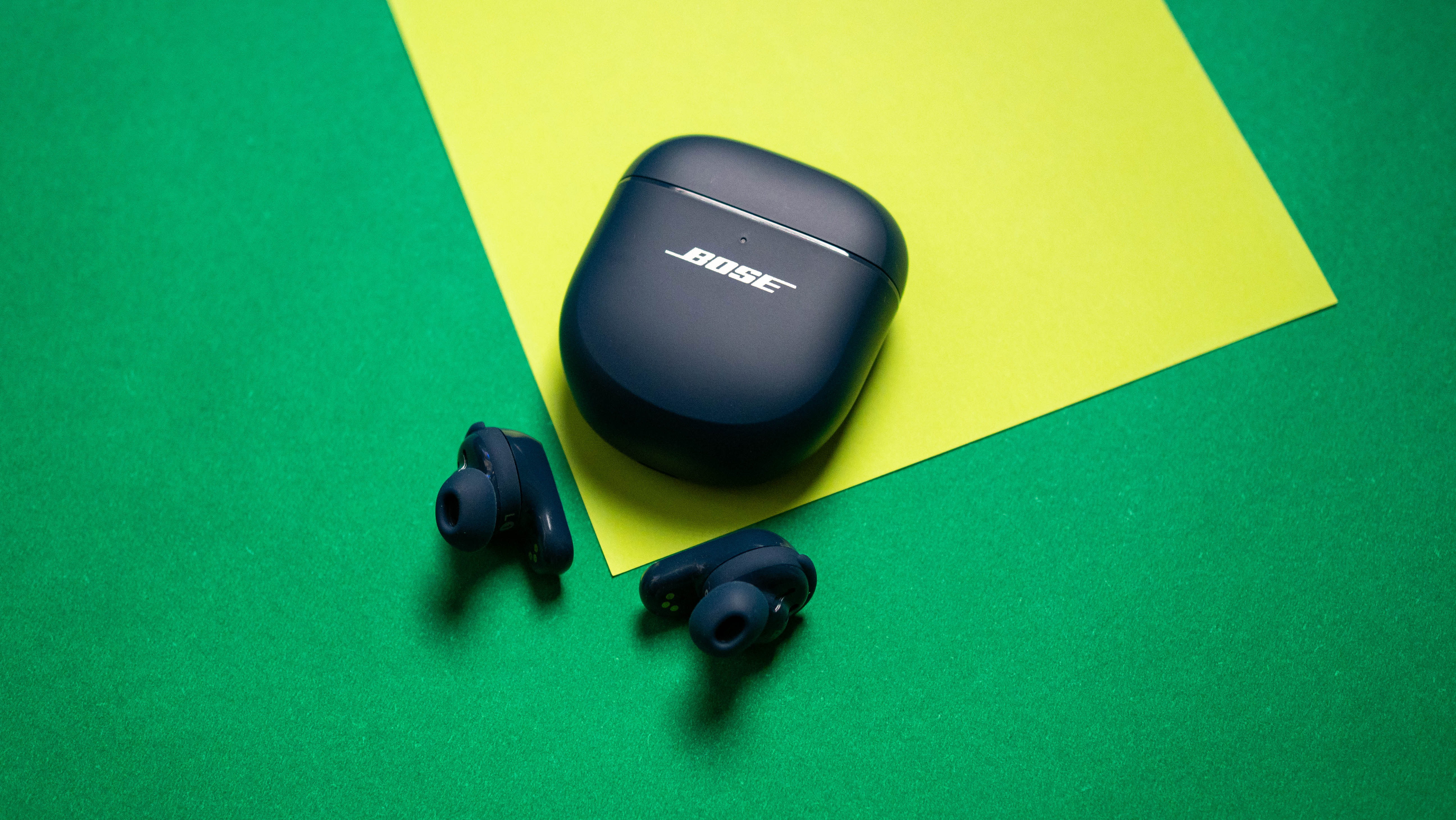

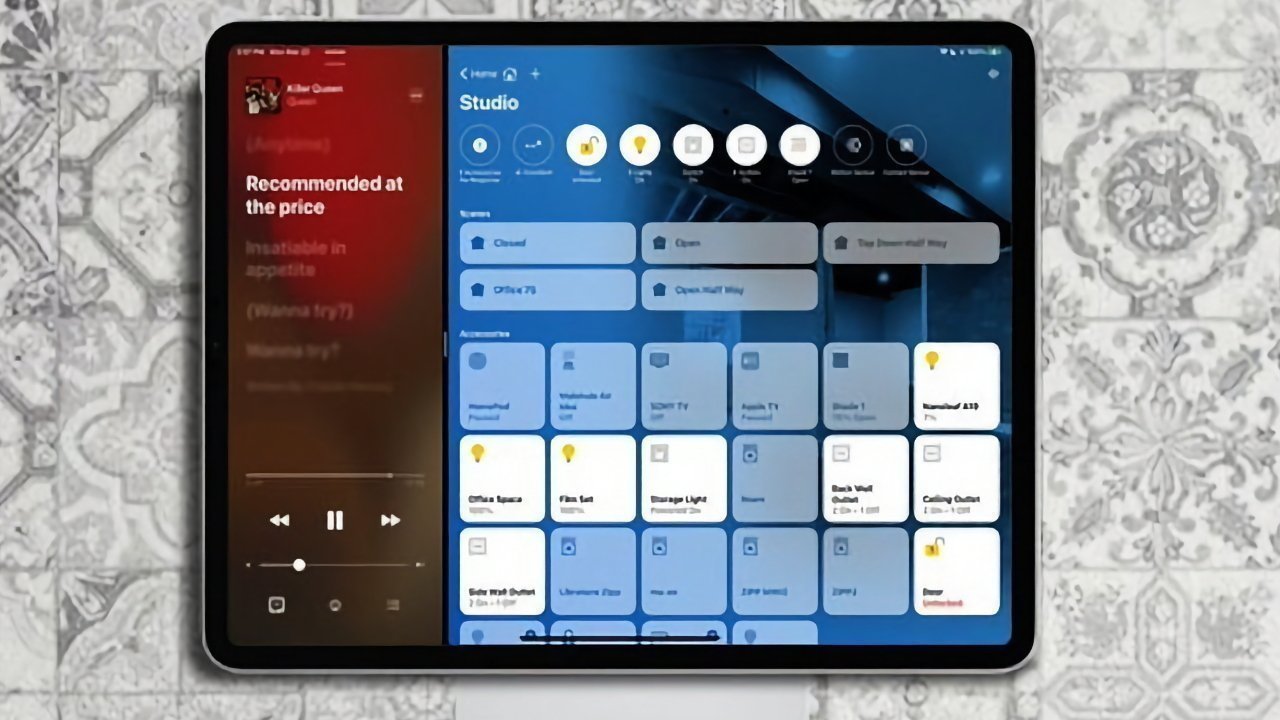

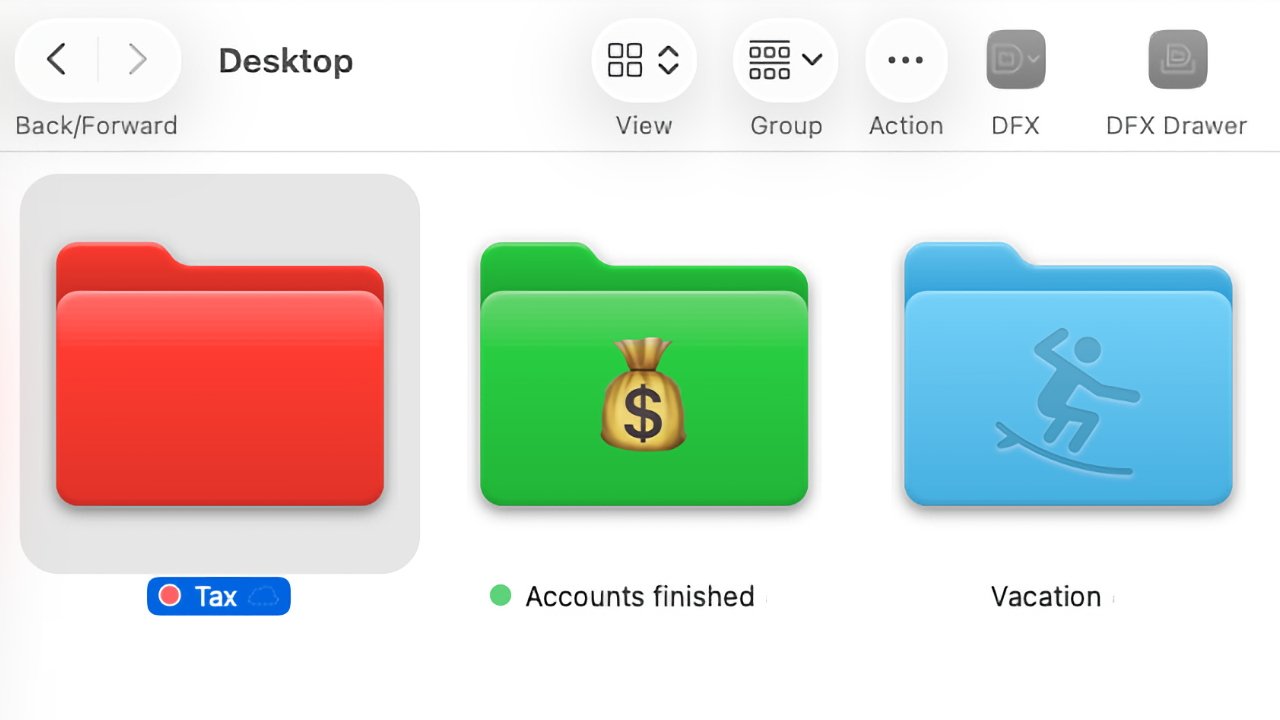


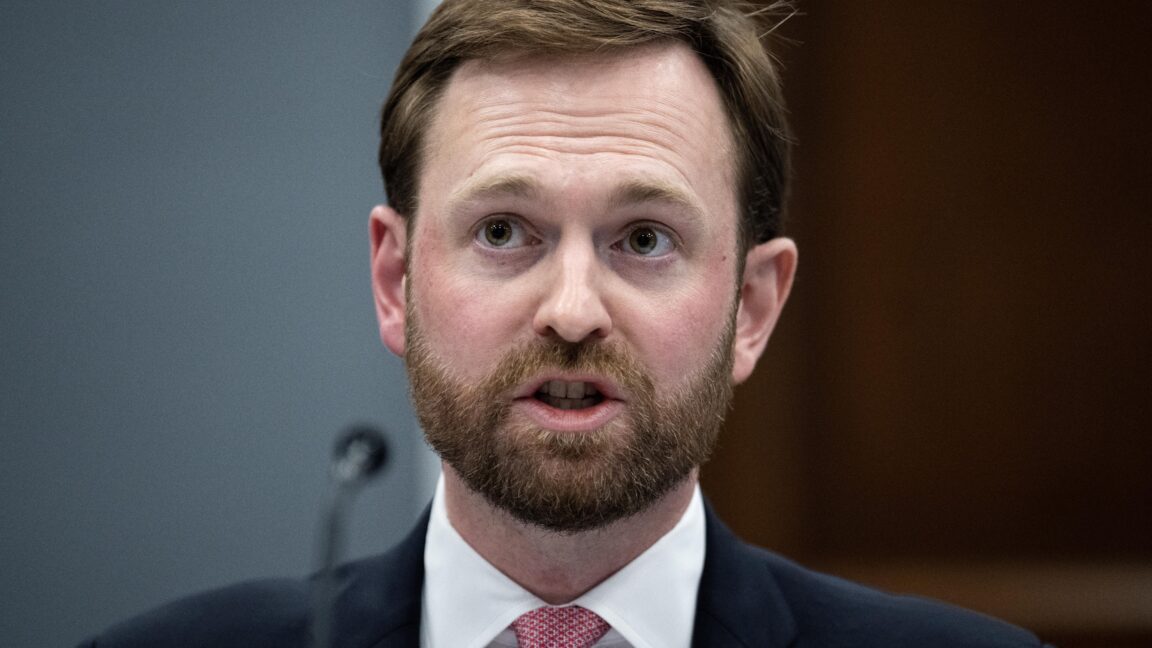
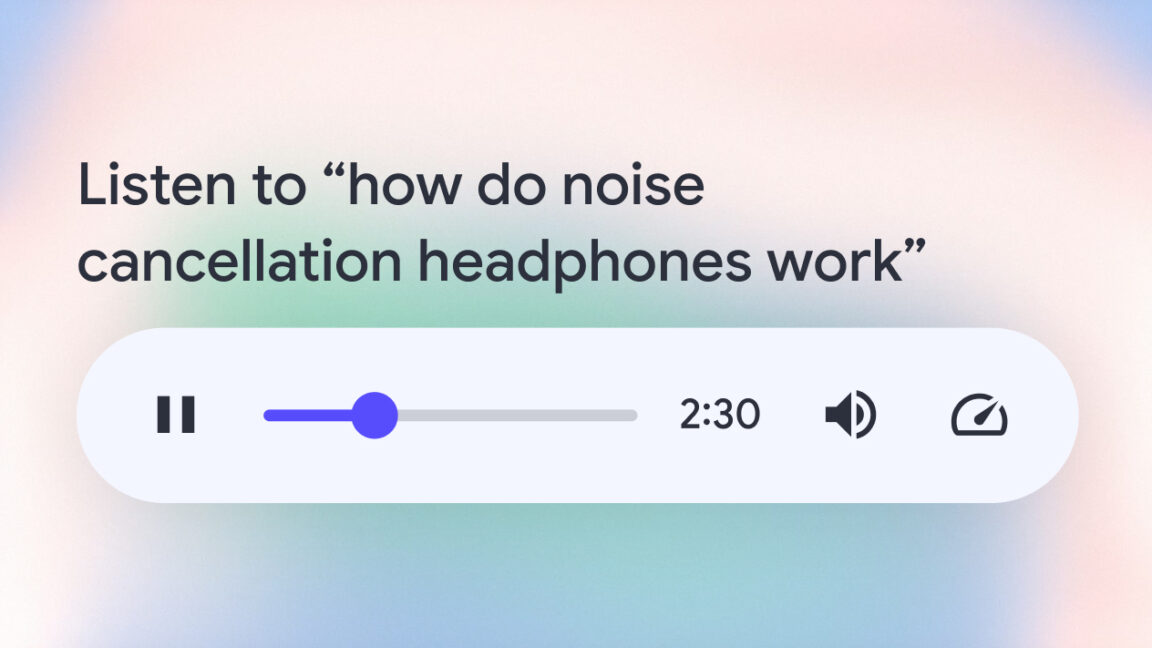

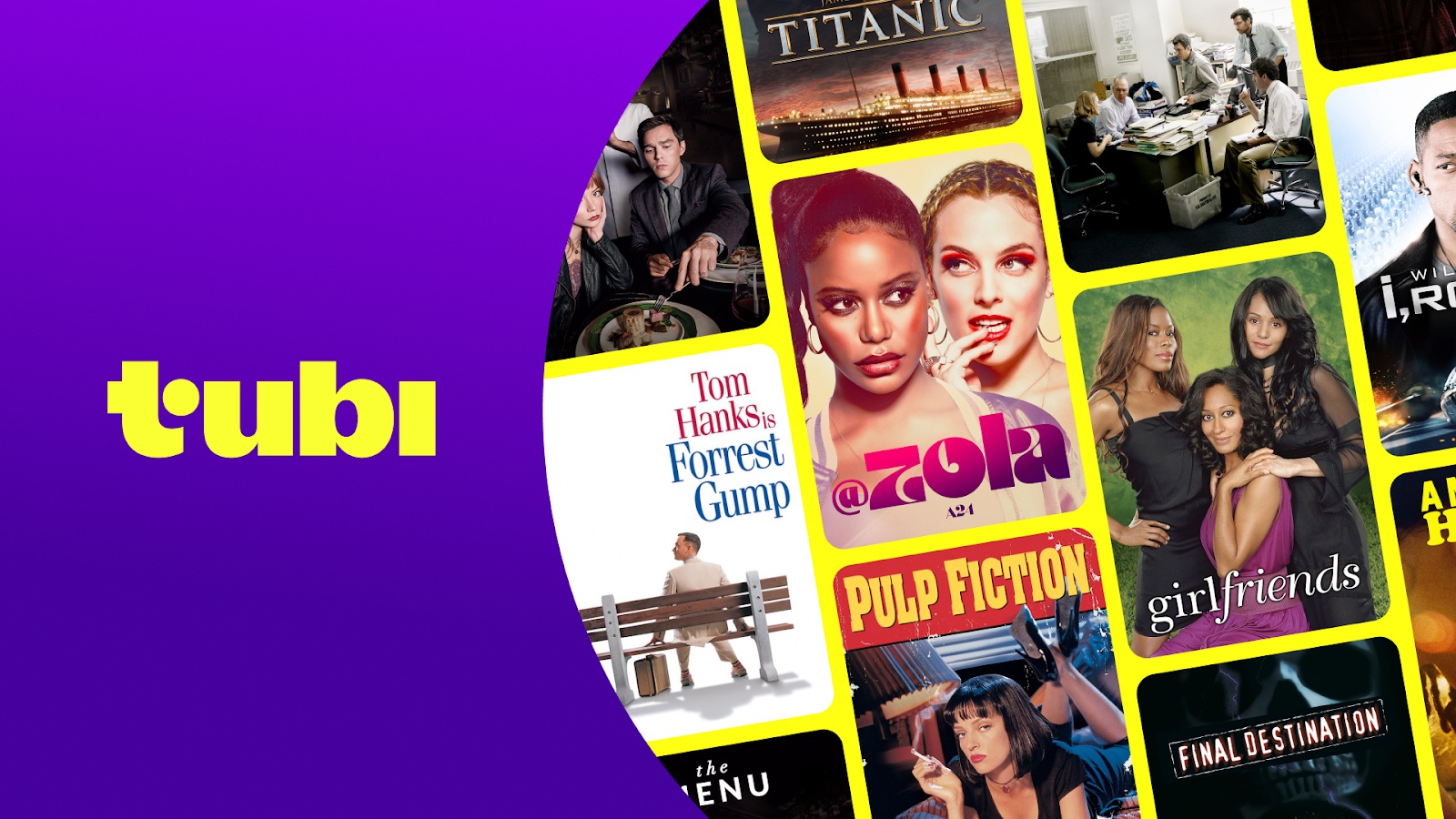




















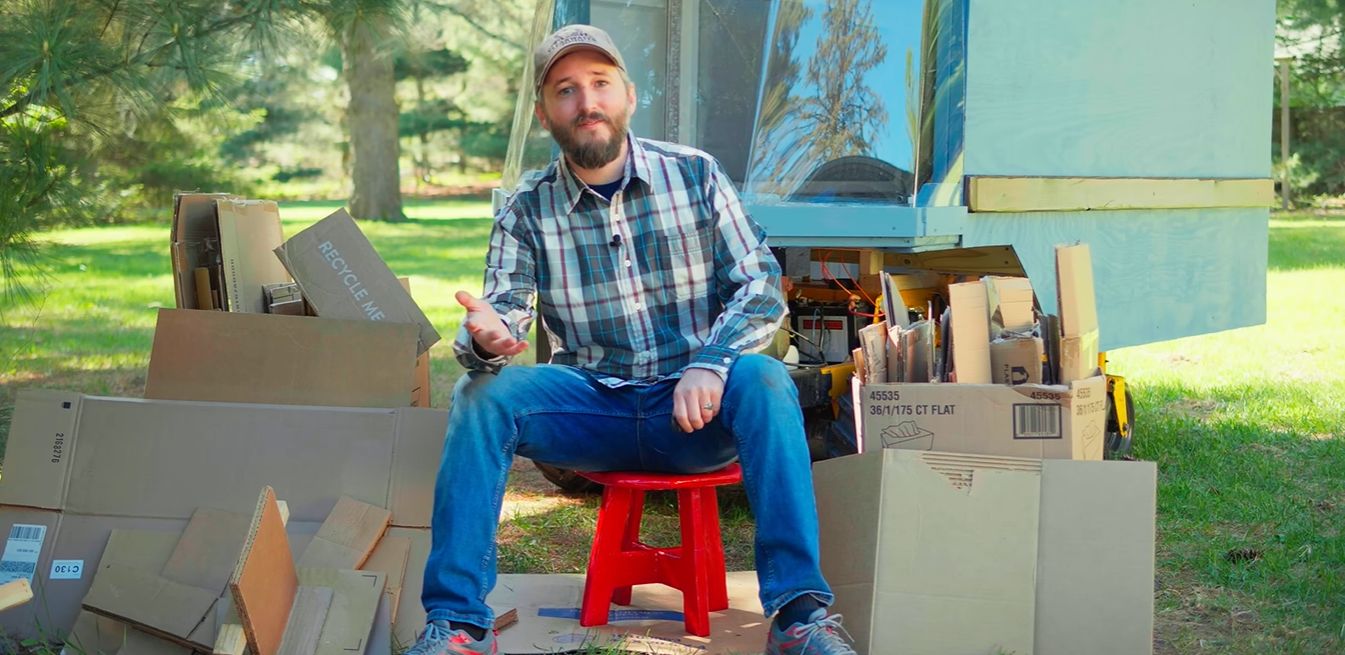

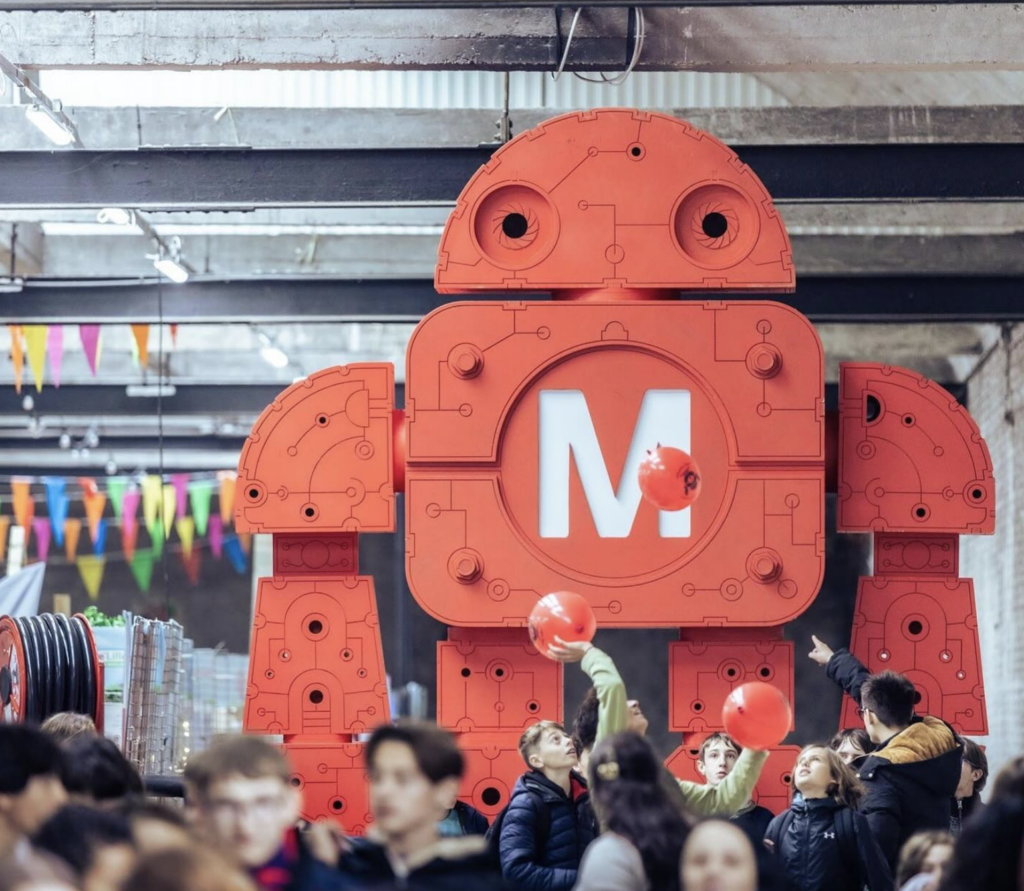











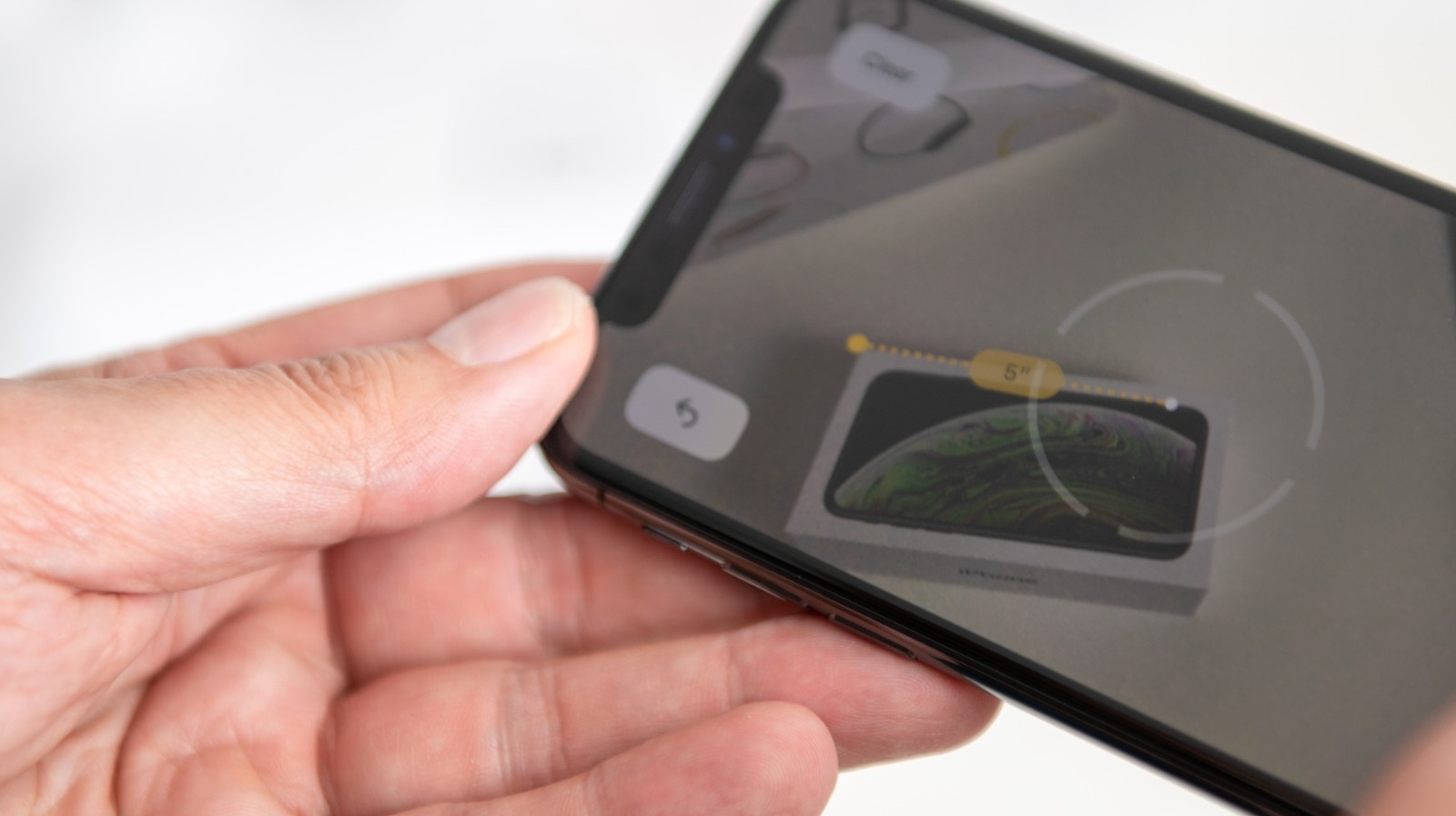
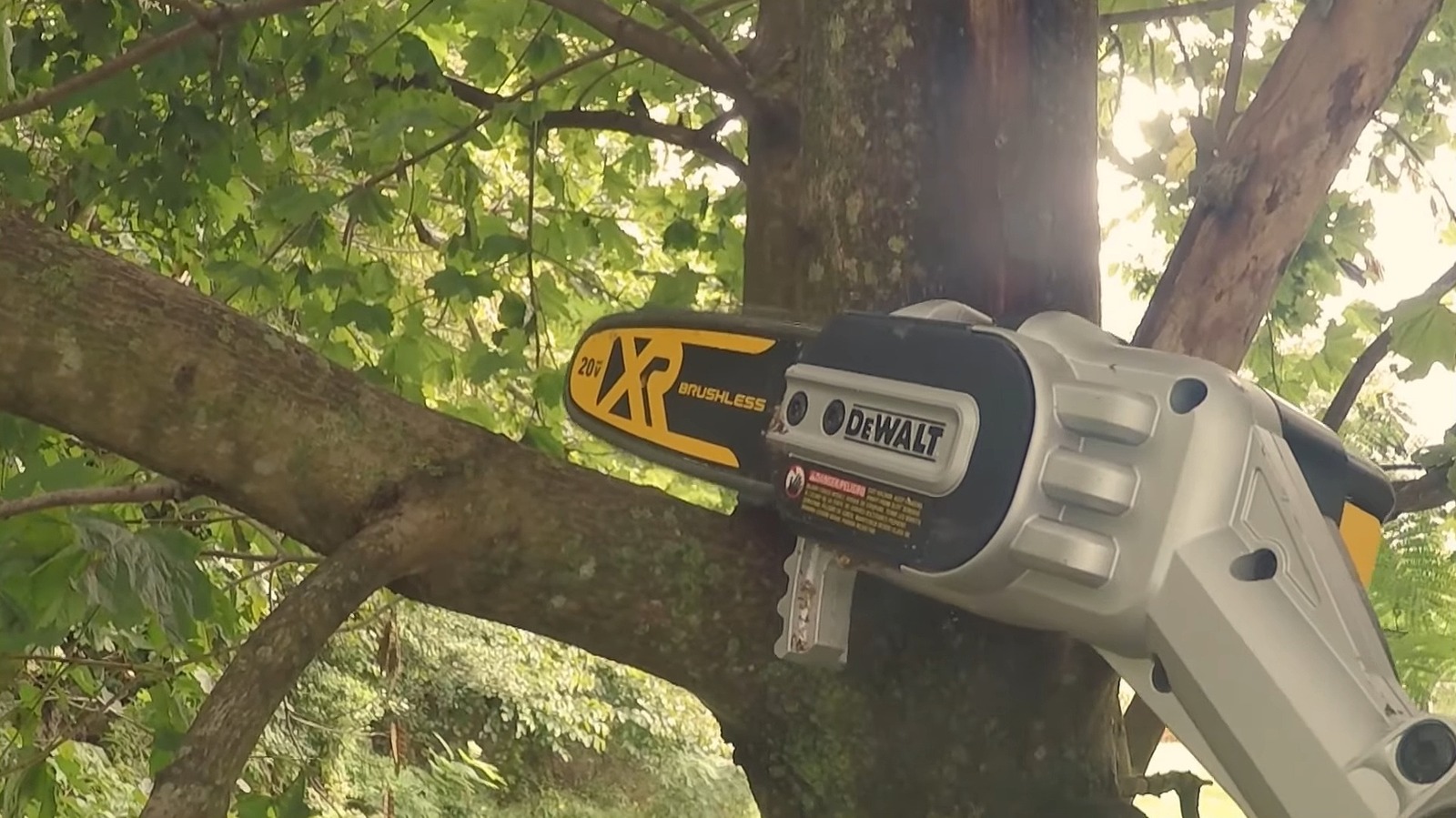



































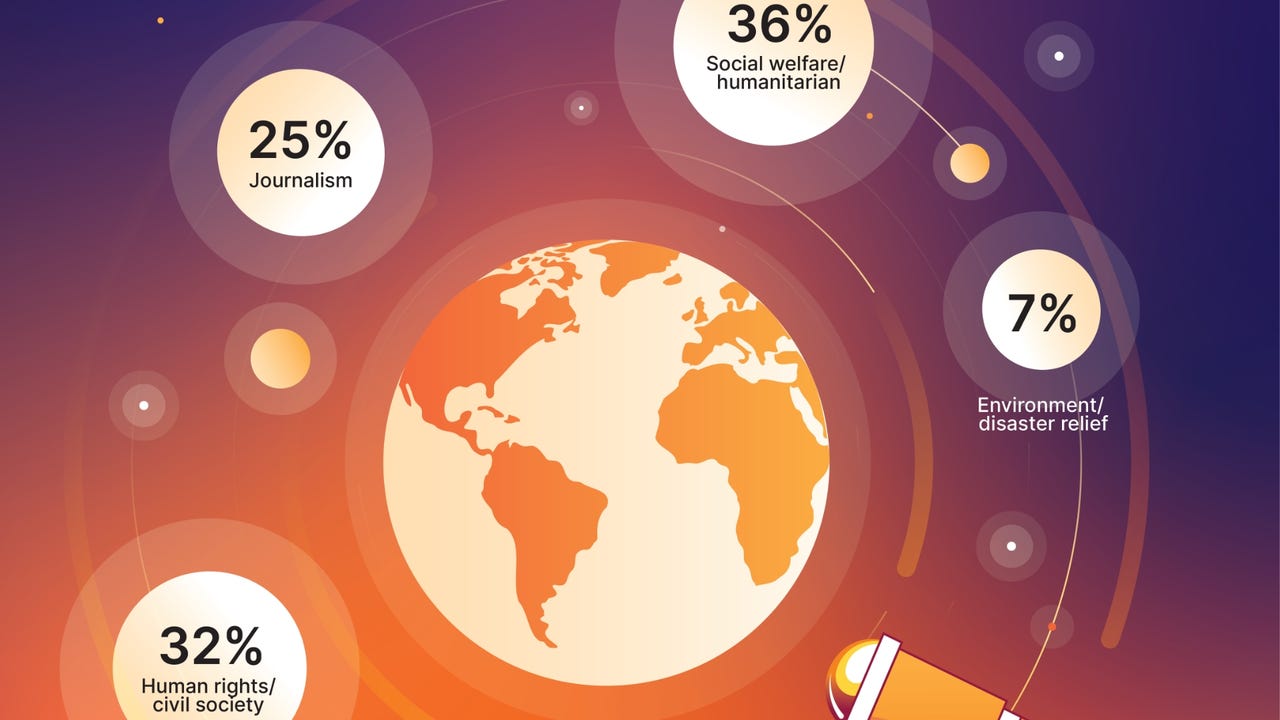
_designer491_Alamy.jpg?width=1280&auto=webp&quality=80&disable=upscale#)
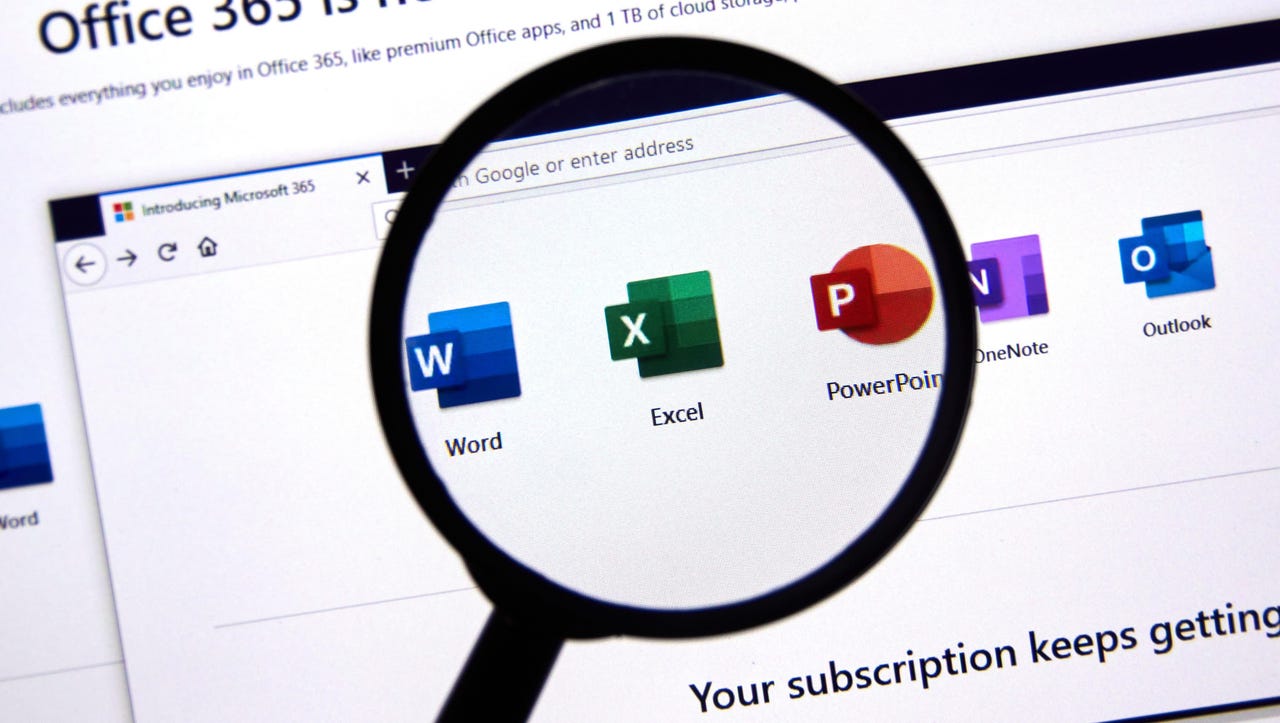
_Andreas_Prott_Alamy.jpg?width=1280&auto=webp&quality=80&disable=upscale#)


























































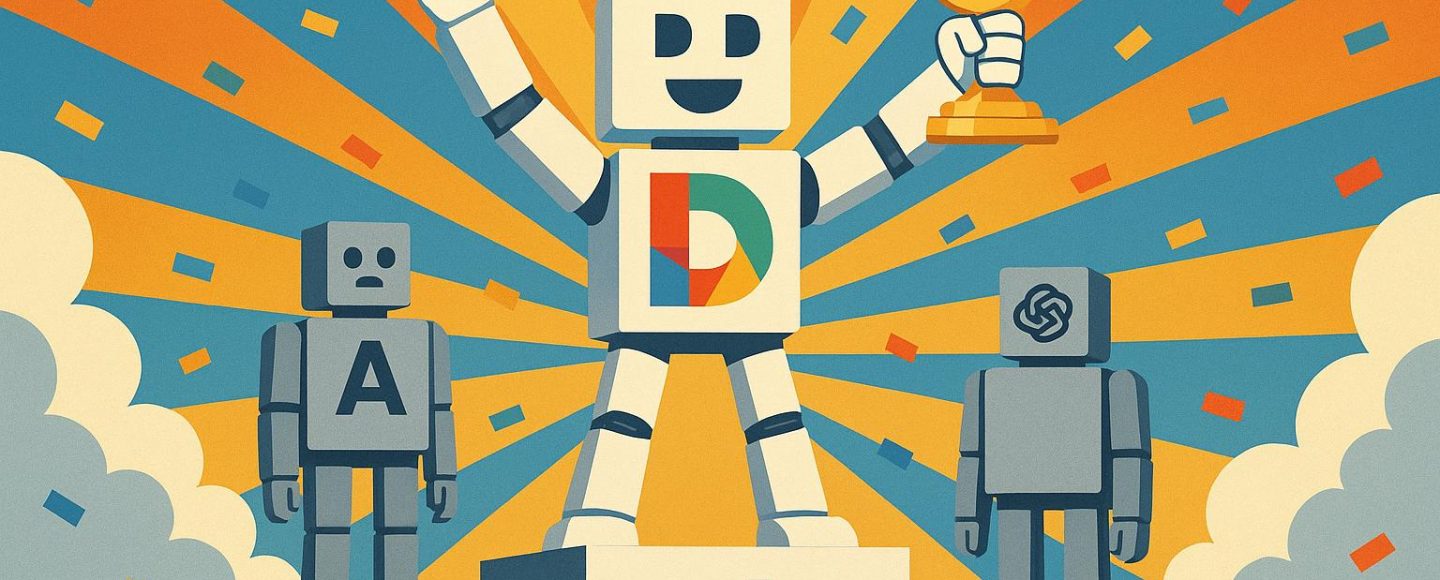
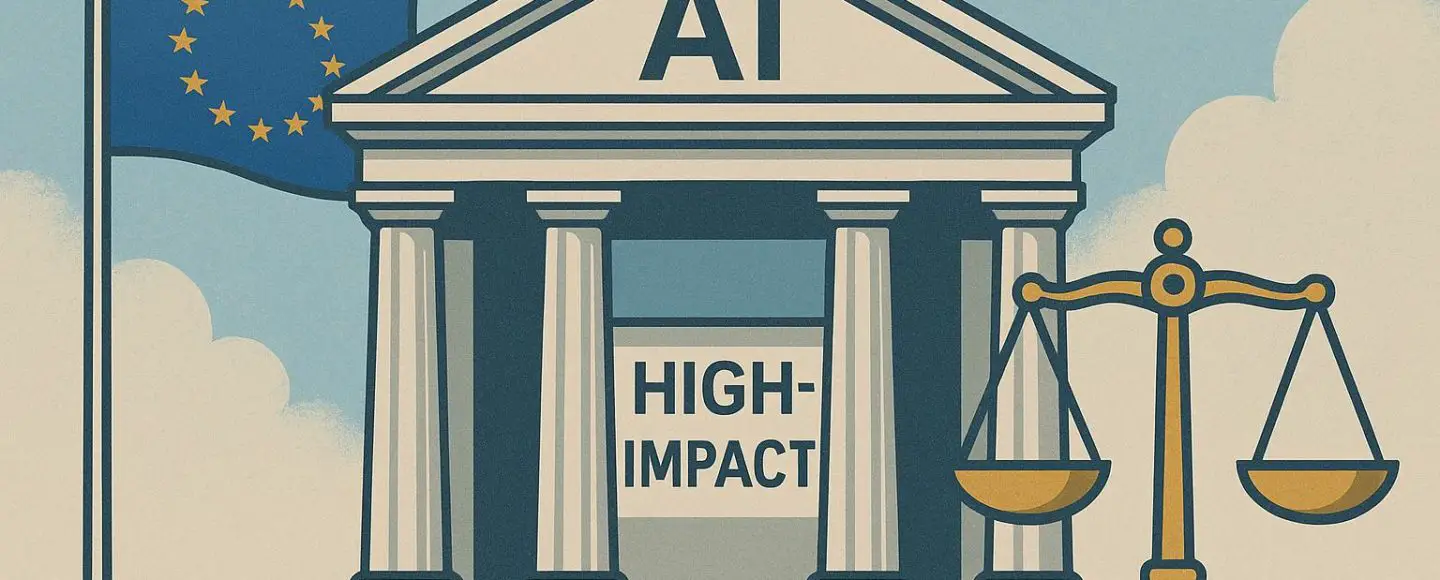
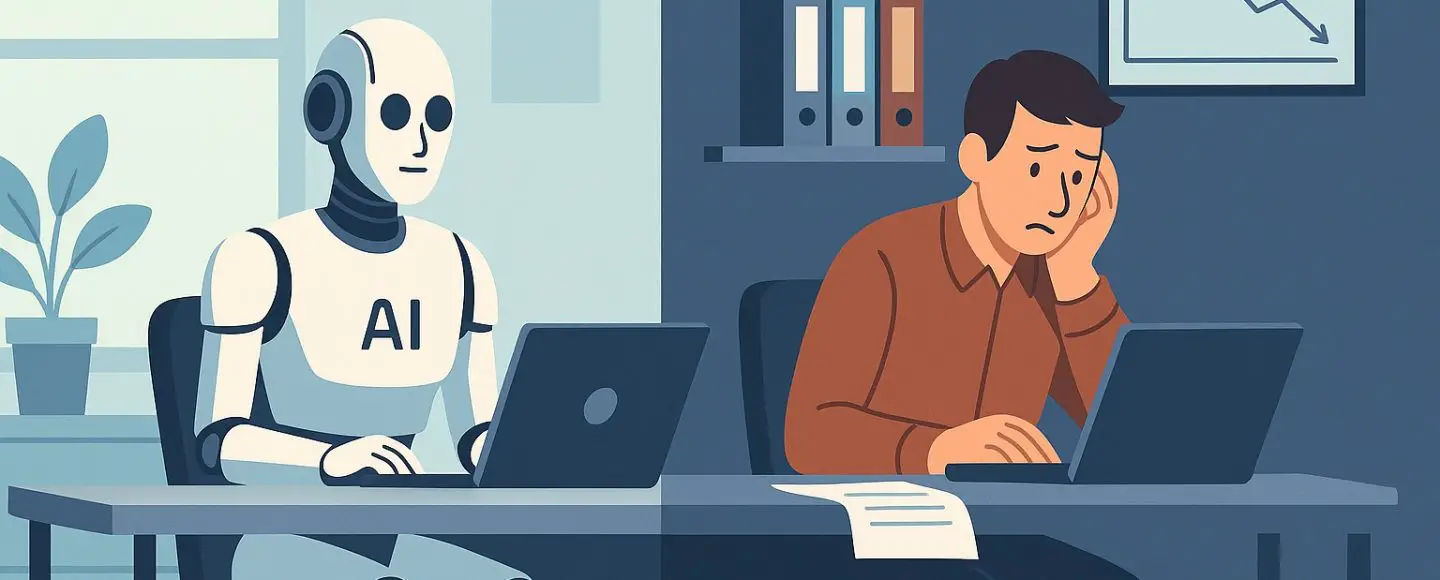
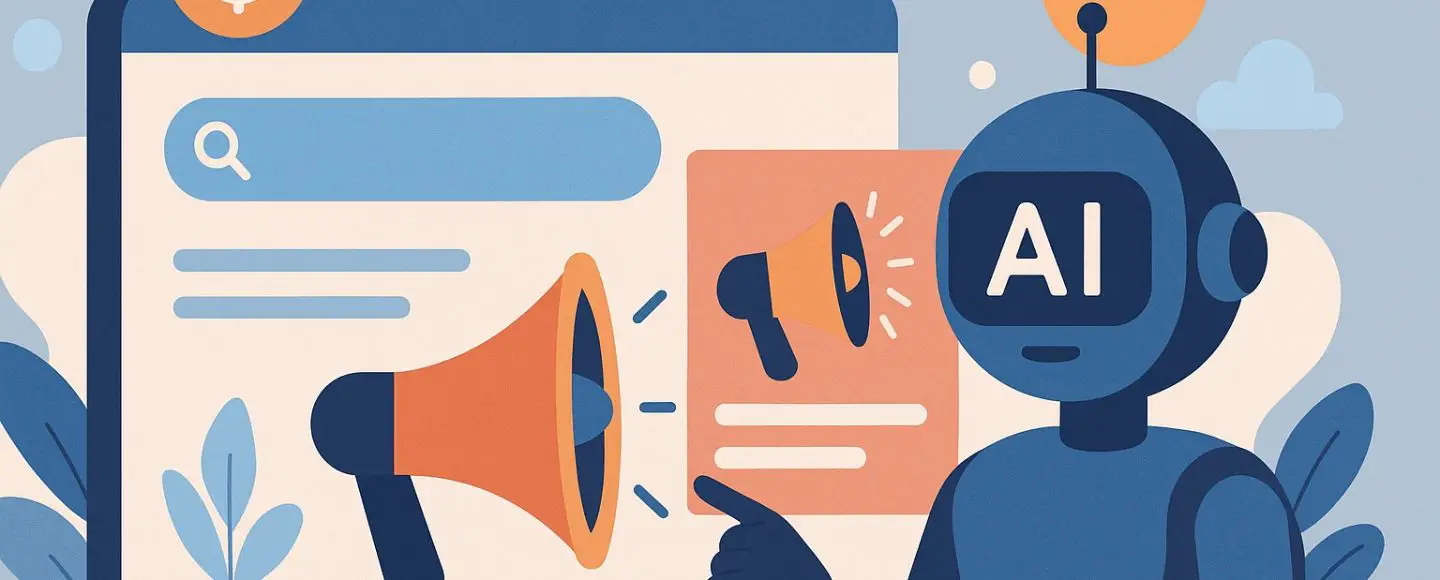


































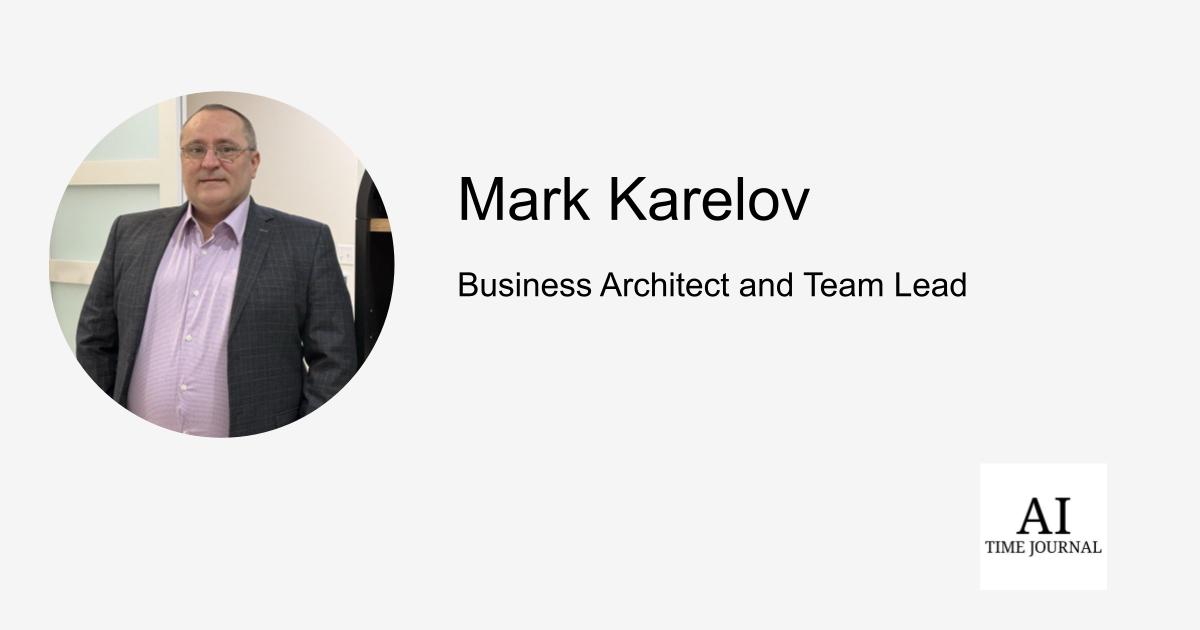














![[The AI Show Episode 152]: ChatGPT Connectors, AI-Human Relationships, New AI Job Data, OpenAI Court-Ordered to Keep ChatGPT Logs & WPP’s Large Marketing Model](https://www.marketingaiinstitute.com/hubfs/ep%20152%20cover.png)

















































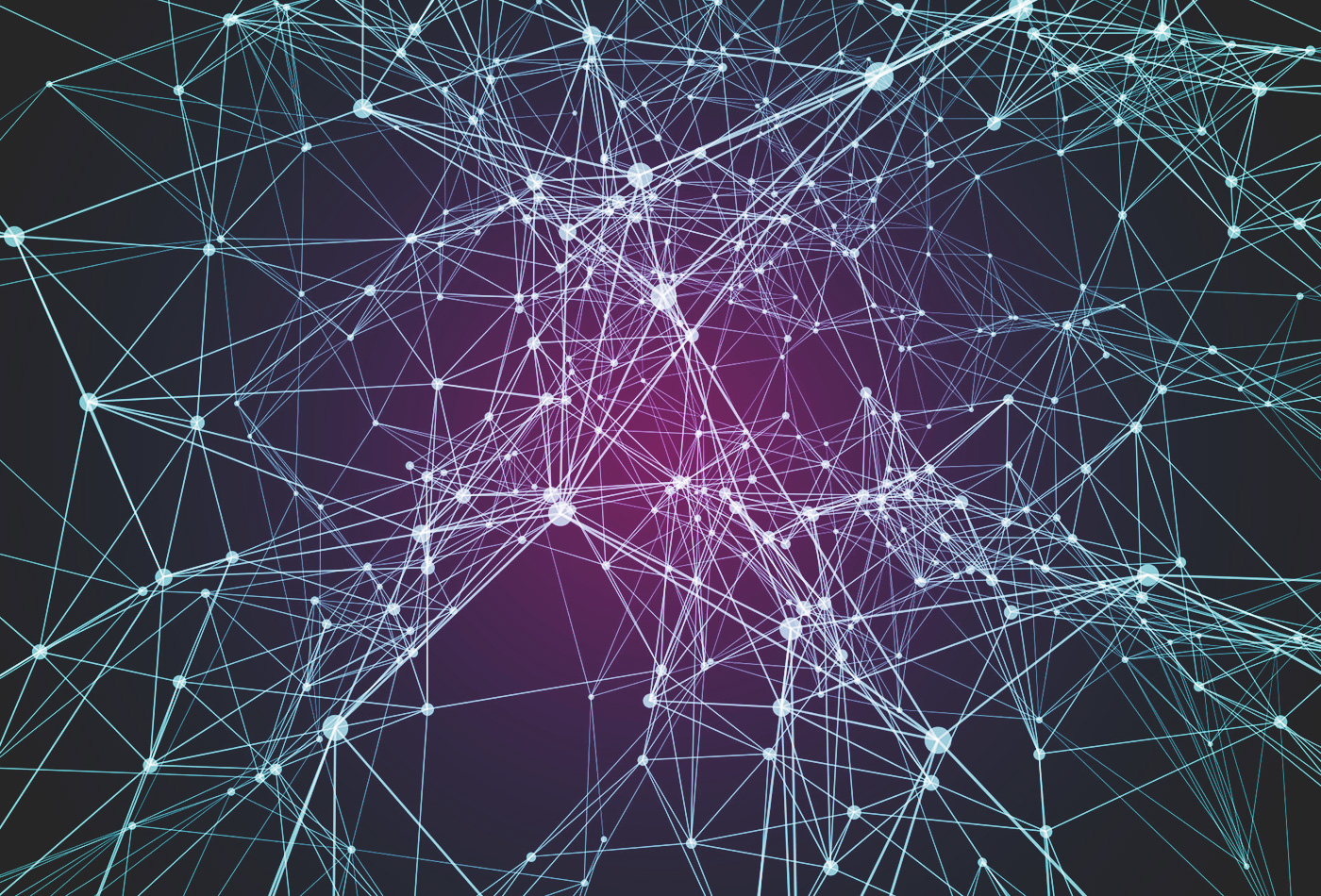










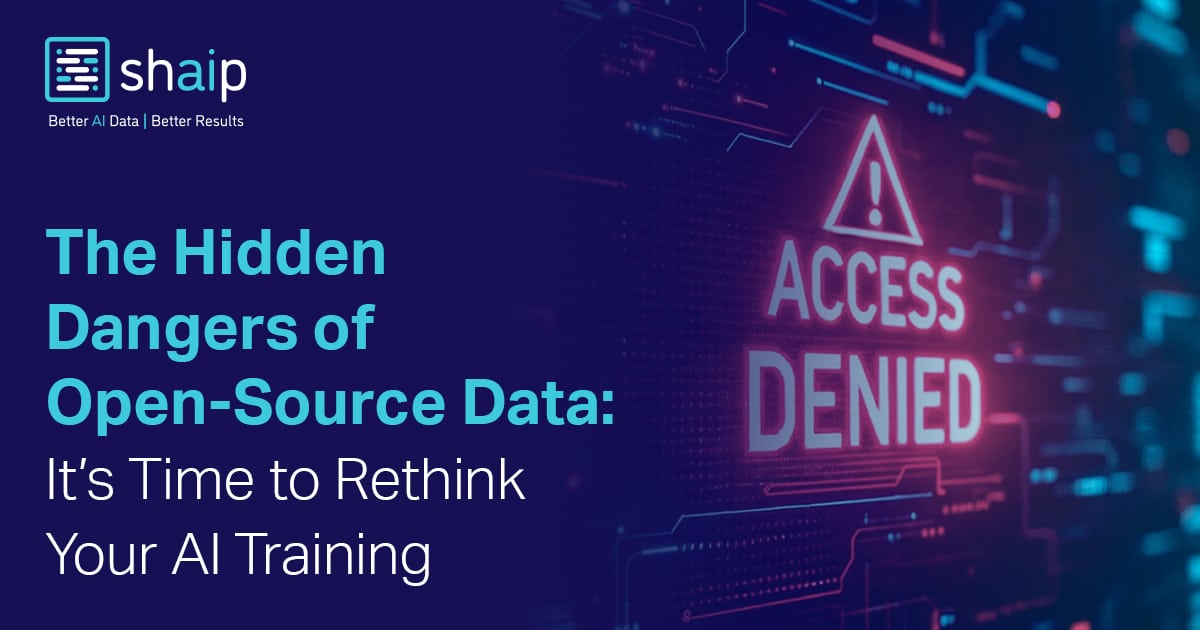
























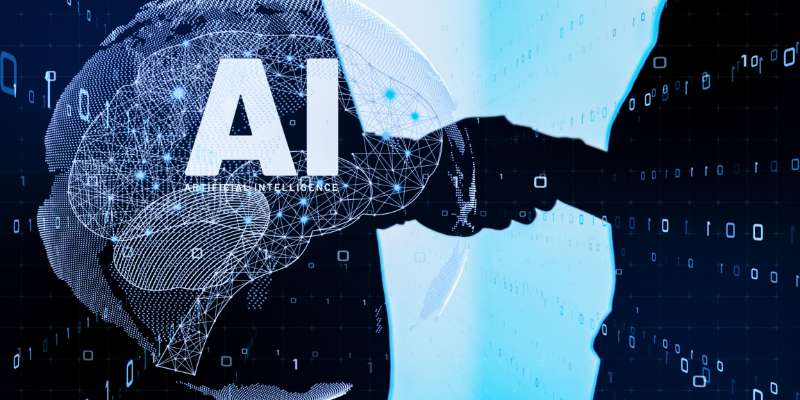
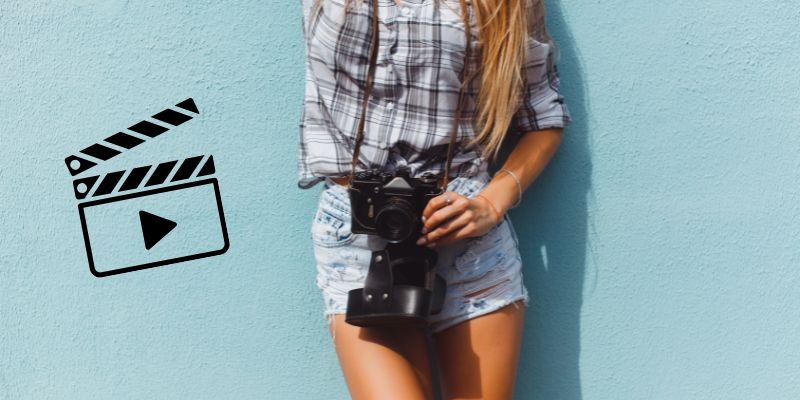















![[DEALS] Internxt Cloud Storage Lifetime Subscription: 10TB Plan (87% off) & Other Deals Up To 98% Off – Offers End Soon!](https://www.javacodegeeks.com/wp-content/uploads/2012/12/jcg-logo.jpg)


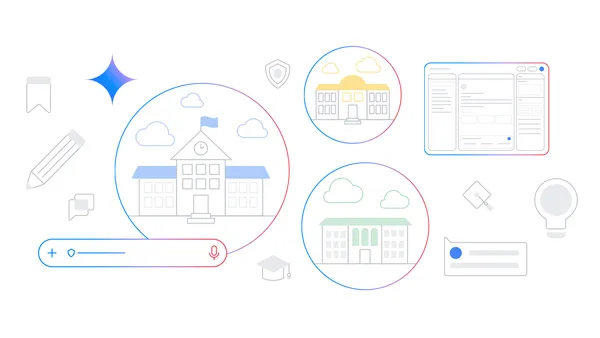
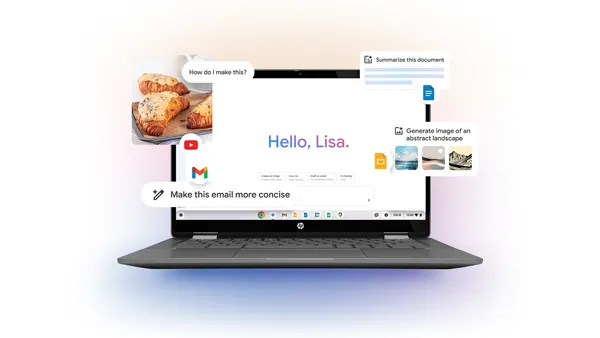
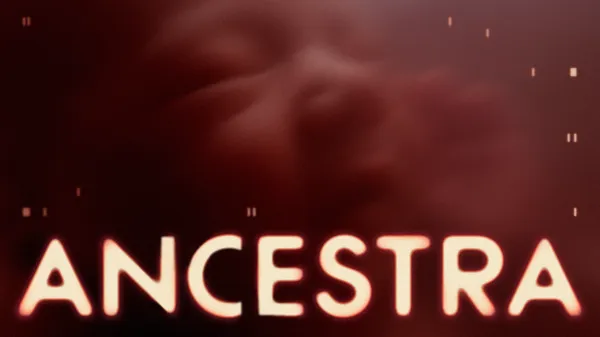
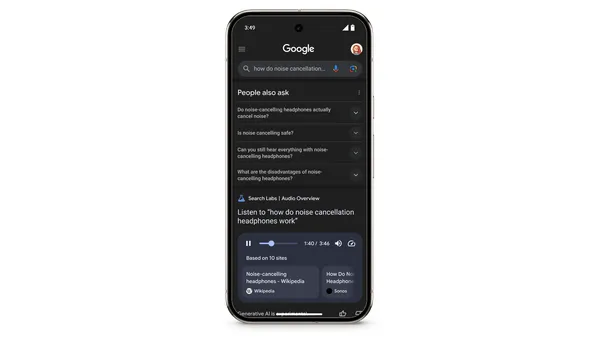

















![Designing a Robust Modular Hardware-Oriented Application in C++ [closed]](https://i.sstatic.net/f2sQd76t.webp)





















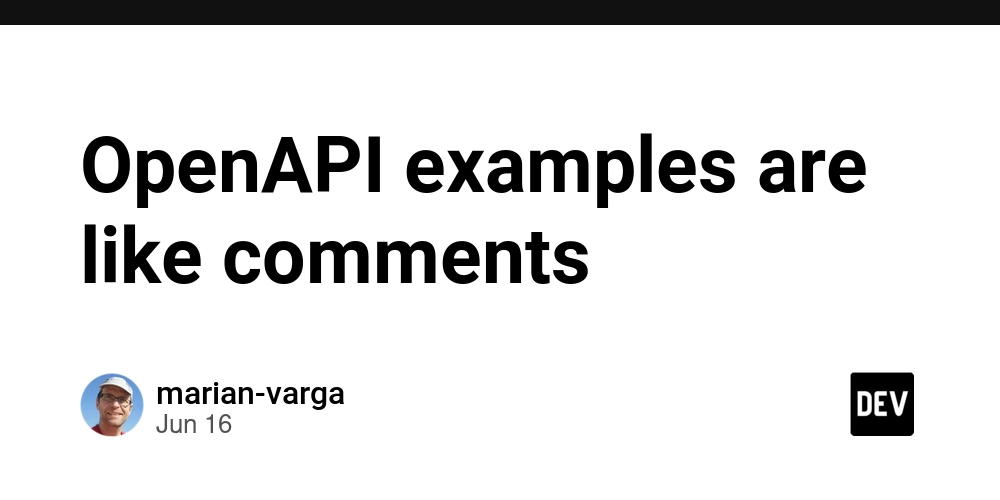
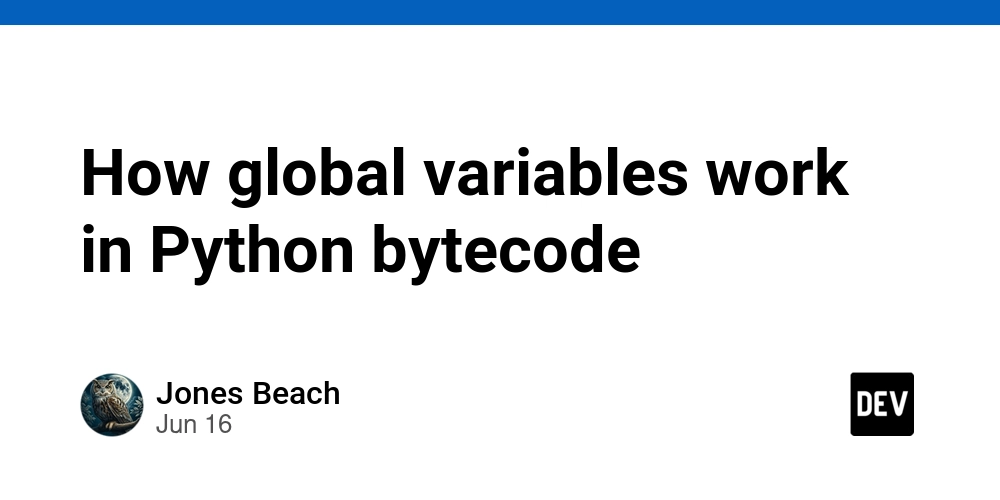


















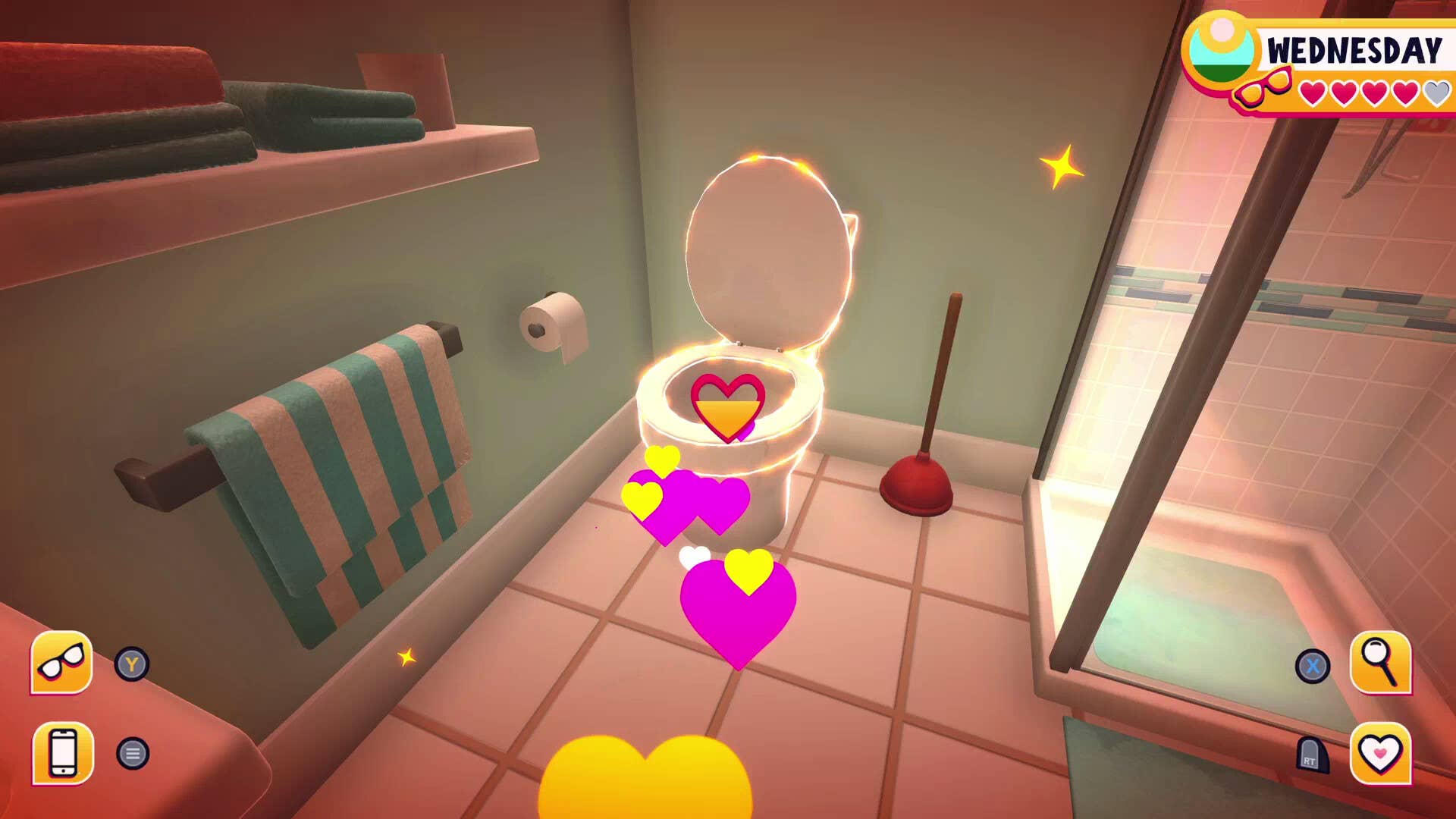









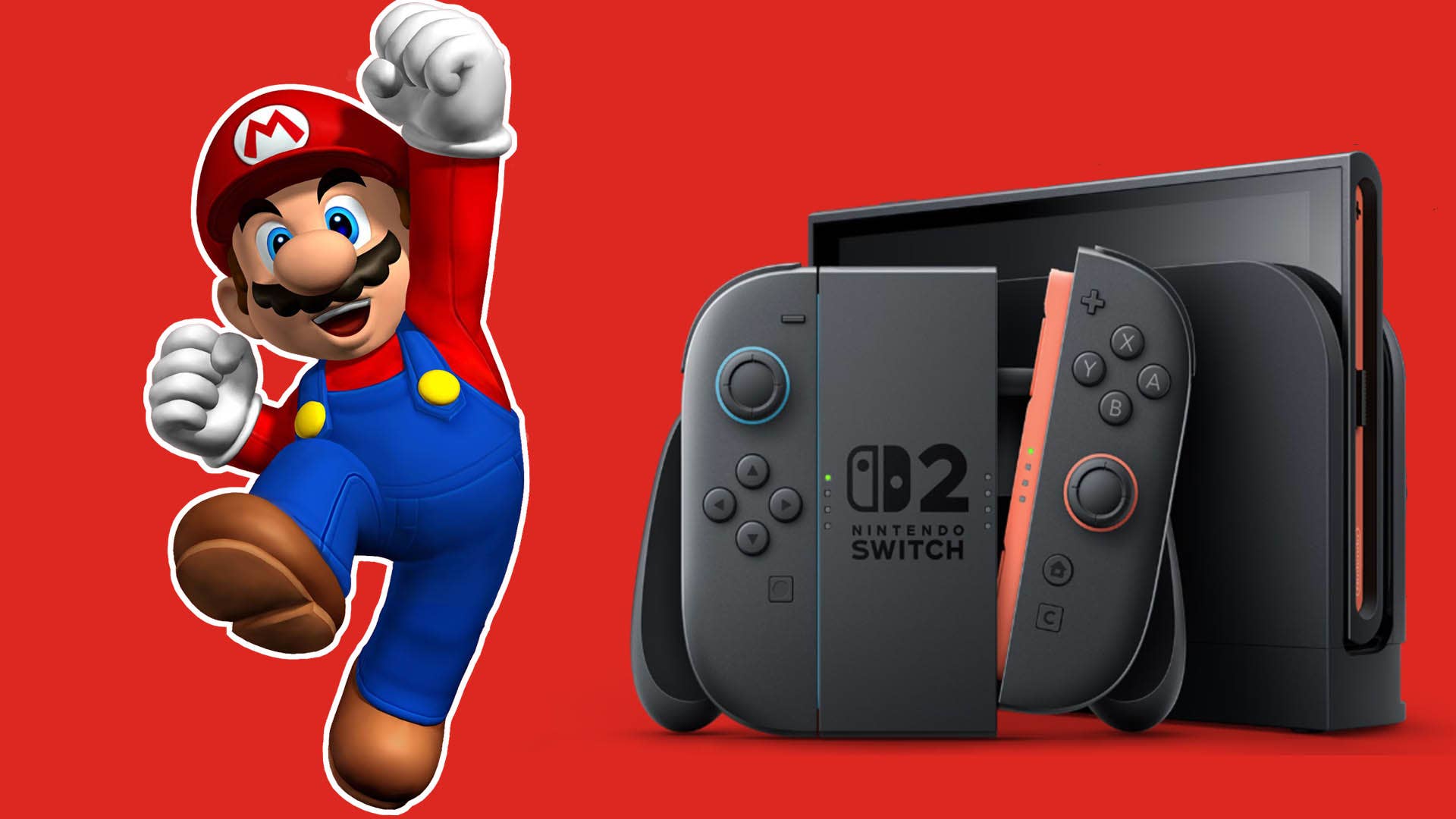
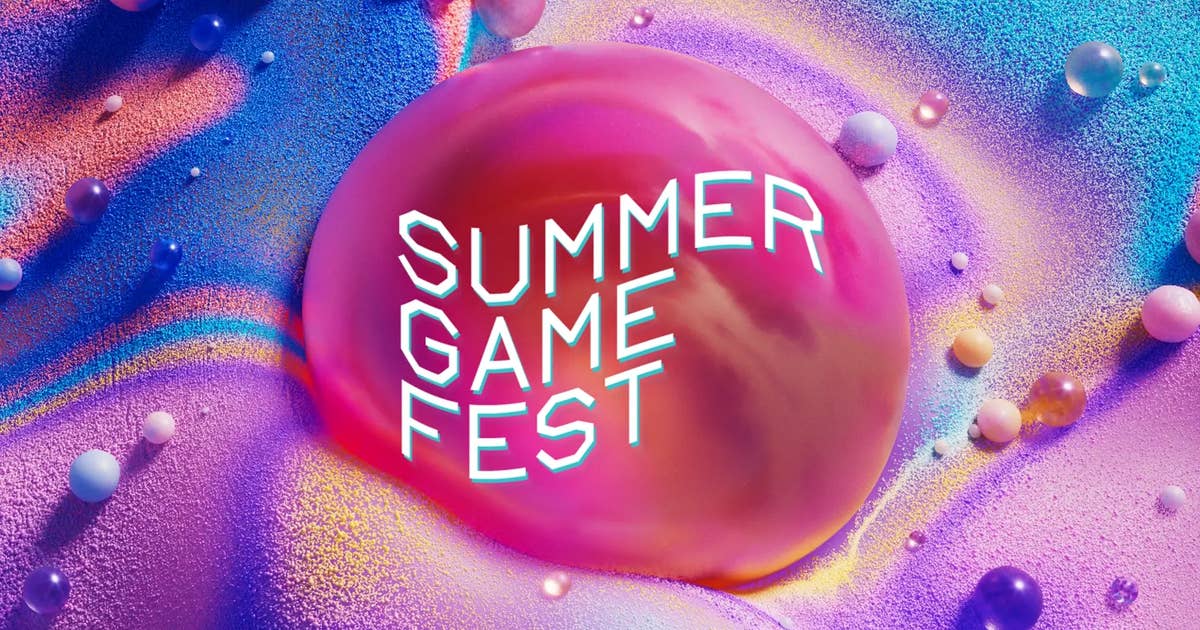
.jpg?width=1920&height=1920&fit=bounds&quality=70&format=jpg&auto=webp#)
